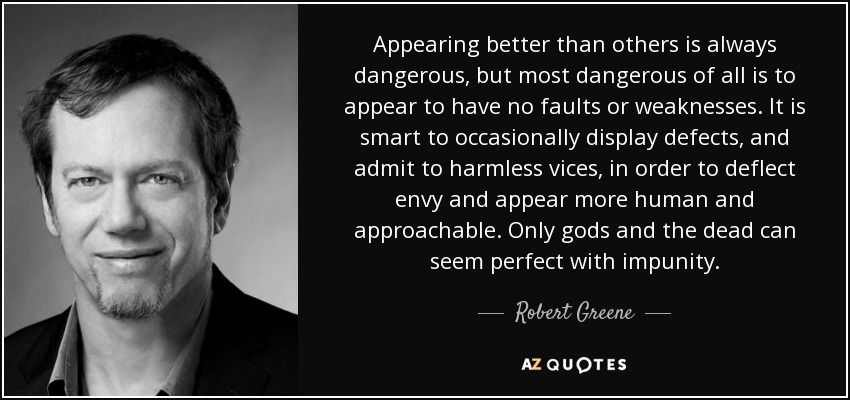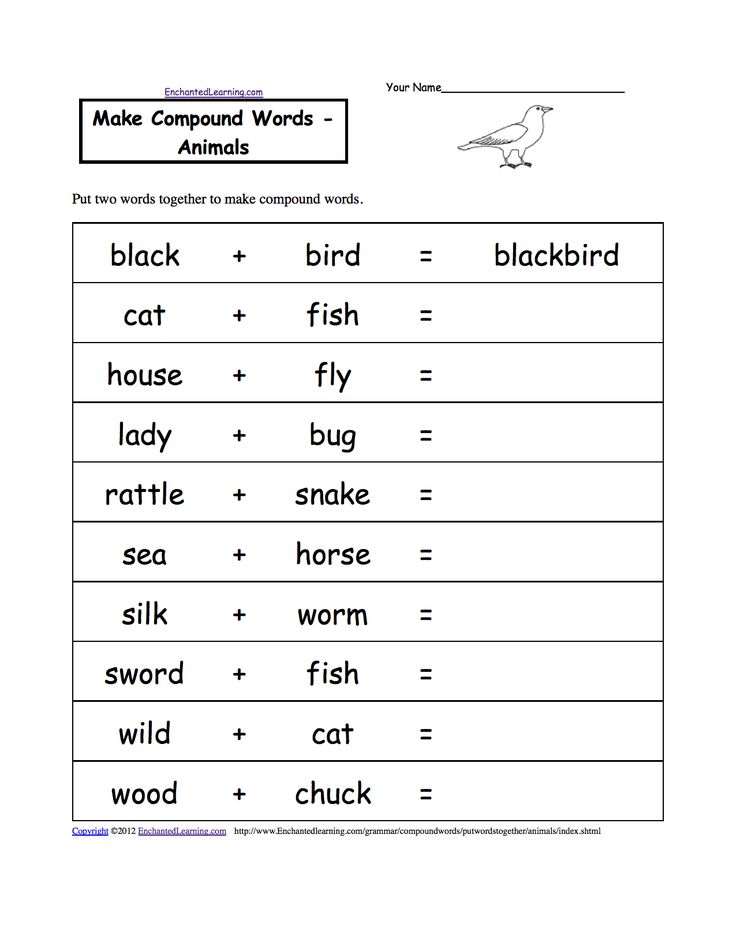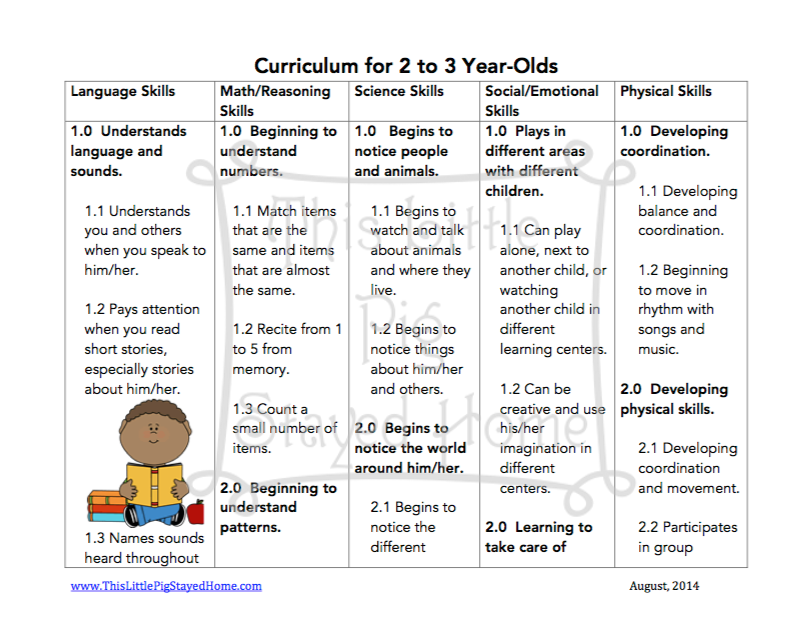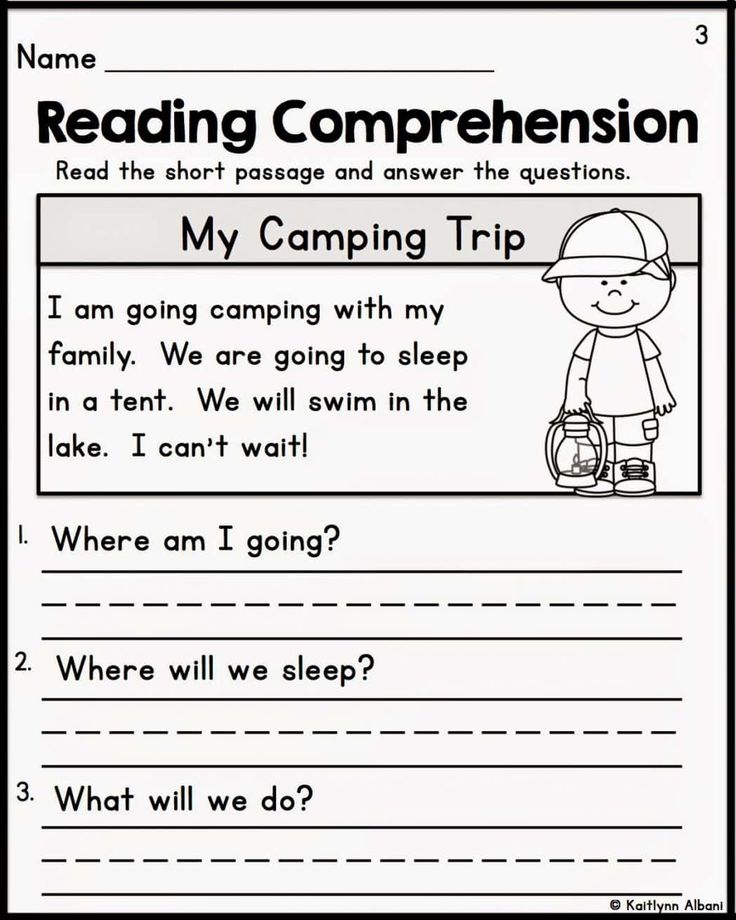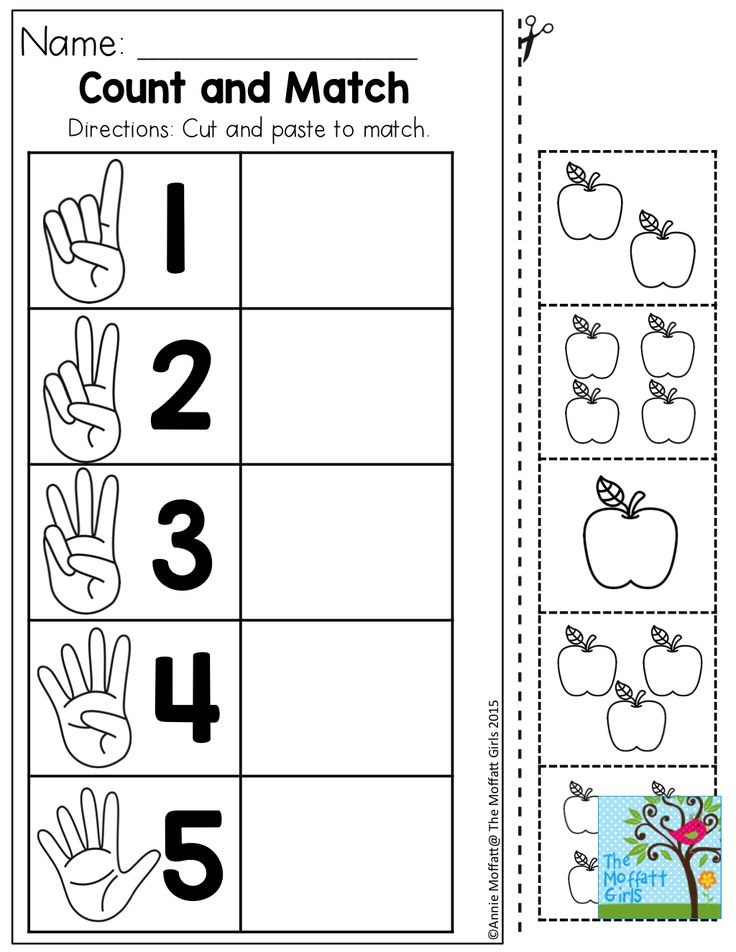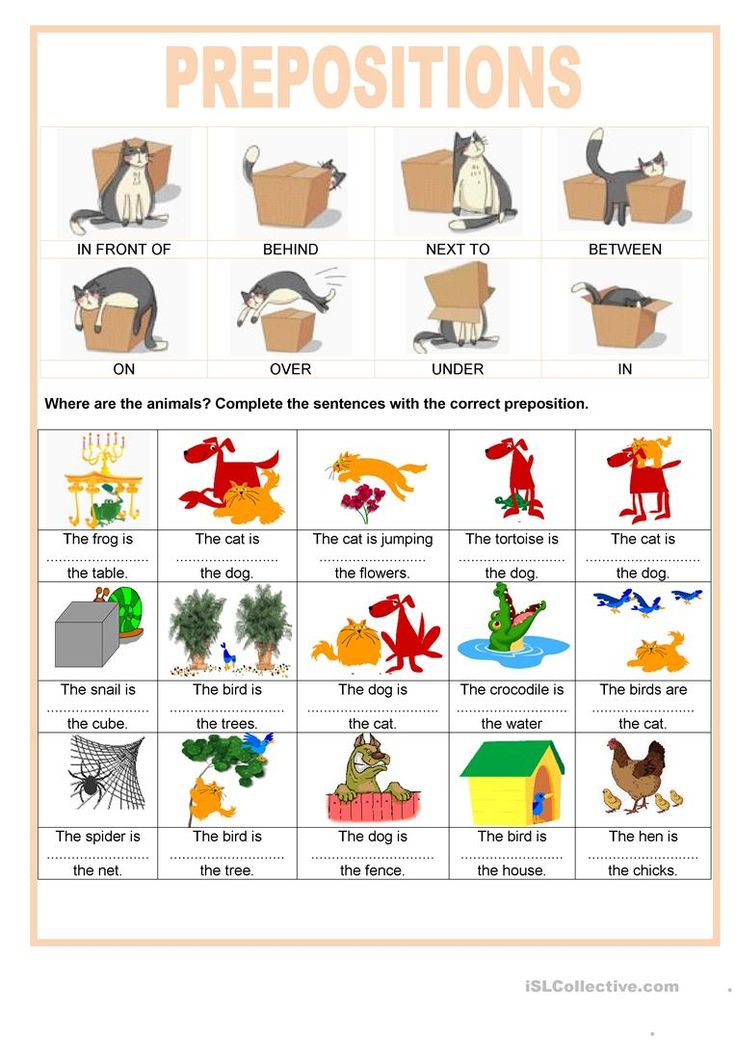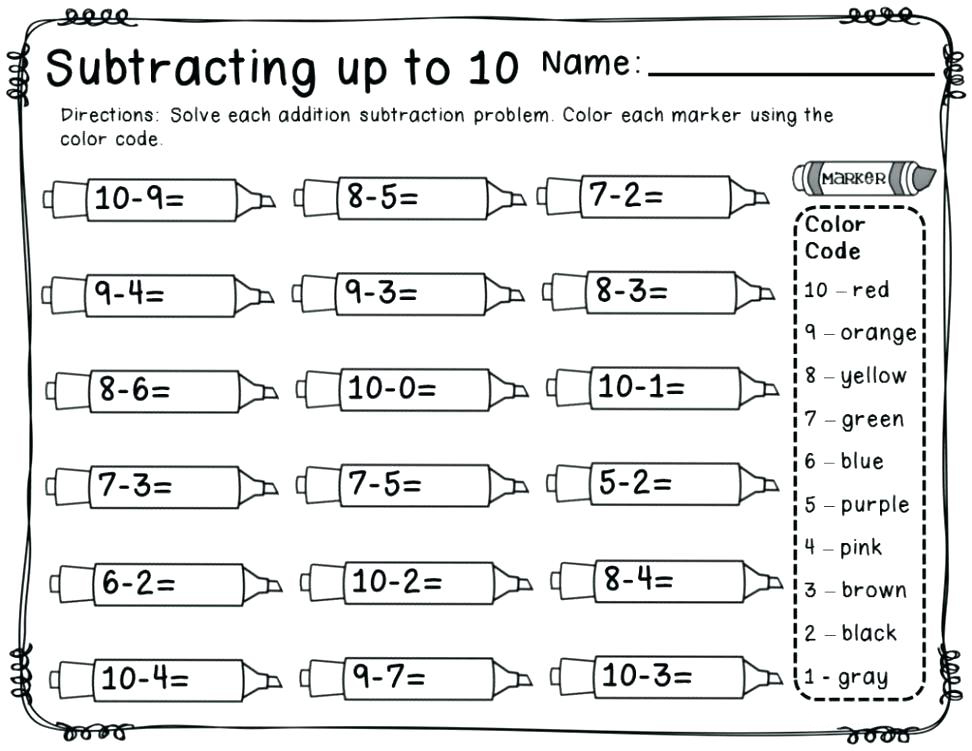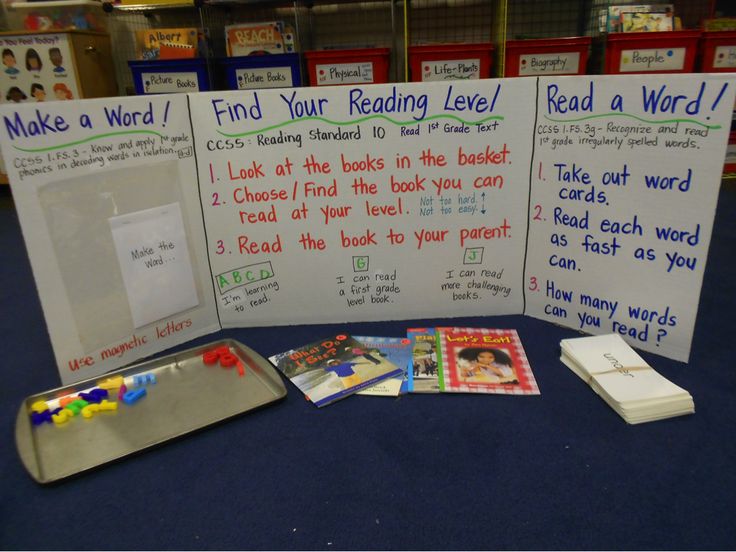Understanding feelings of others
what is empathy and why do we need it?
This is the introductory essay in our series on understanding others’ feelings. In it we will examine empathy, including what it is, whether our doctors need more of it, and when too much may not be a good thing.
Empathy is the ability to share and understand the emotions of others. It is a construct of multiple components, each of which is associated with its own brain network. There are three ways of looking at empathy.
First there is affective empathy. This is the ability to share the emotions of others. People who score high on affective empathy are those who, for example, show a strong visceral reaction when watching a scary movie.
They feel scared or feel others’ pain strongly within themselves when seeing others scared or in pain.
Cognitive empathy, on the other hand, is the ability to understand the emotions of others. A good example is the psychologist who understands the emotions of the client in a rational way, but does not necessarily share the emotions of the client in a visceral sense.
Finally, there’s emotional regulation. This refers to the ability to regulate one’s emotions. For example, surgeons need to control their emotions when operating on a patient.
Those who show a strong visceral reaction when watching a scary movie score high on affective empathy. dogberryjr/Flickr, CC BYAnother way to understand empathy is to distinguish it from other related constructs. For example, empathy involves self-awareness, as well as distinction between the self and the other. In that sense it is different from mimicry, or imitation.
Many animals might show signs of mimicry or emotional contagion to another animal in pain. But without some level of self-awareness, and distinction between the self and the other, it is not empathy in a strict sense. Empathy is also different from sympathy, which involves feeling concern for the suffering of another person and a desire to help.
That said, empathy is not a unique human experience. It has been observed in many non-human primates and even rats.
It has been observed in many non-human primates and even rats.
People often say psychopaths lack empathy but this is not always the case. In fact, psychopathy is enabled by good cognitive empathic abilities - you need to understand what your victim is feeling when you are torturing them. What psychopaths typically lack is sympathy. They know the other person is suffering but they just don’t care.
Research has also shown those with psychopathic traits are often very good at regulating their emotions.
To be a good psychopath, you need to understand what your victims are feeling. Pimkie/Flickr, CC BYWhy do we need it?
Empathy is important because it helps us understand how others are feeling so we can respond appropriately to the situation. It is typically associated with social behaviour and there is lots of research showing that greater empathy leads to more helping behaviour.
However, this is not always the case.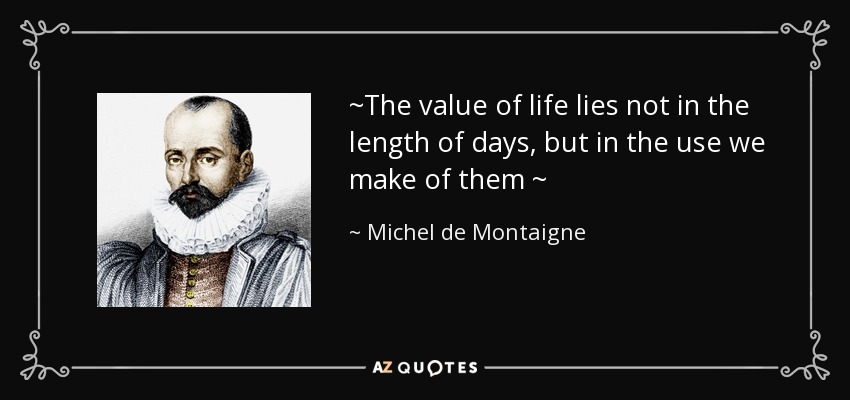 Empathy can also inhibit social actions, or even lead to amoral behaviour. For example, someone who sees a car accident and is overwhelmed by emotions witnessing the victim in severe pain might be less likely to help that person.
Empathy can also inhibit social actions, or even lead to amoral behaviour. For example, someone who sees a car accident and is overwhelmed by emotions witnessing the victim in severe pain might be less likely to help that person.
Similarly, strong empathetic feelings for members of our own family or our own social or racial group might lead to hate or aggression towards those we perceive as a threat. Think about a mother or father protecting their baby or a nationalist protecting their country.
People who are good at reading others’ emotions, such as manipulators, fortune-tellers or psychics, might also use their excellent empathetic skills for their own benefit by deceiving others.
Empathy is associated with social behaviour. Jesse Orrico/UnsplashInterestingly, people with higher psychopathic traits typically show more utilitarian responses in moral dilemmas such as the footbridge problem. In this thought experiment, people have to decide whether to push a person off a bridge to stop a train about to kill five others laying on the track.
The psychopath would more often than not choose to push the person off the bridge. This is following the utilitarian philosophy that holds saving the life of five people by killing one person is a good thing. So one could argue those with psychopathic tendencies are more moral than normal people – who probably wouldn’t push the person off the bridge – as they are less influenced by emotions when making moral decisions.
How is empathy measured?
Empathy is often measured with self-report questionnaires such as the Interpersonal Reactivity Index (IRI) or Questionnaire for Cognitive and Affective Empathy (QCAE).
These typically ask people to indicate how much they agree with statements that measure different types of empathy.
The QCAE, for instance, has statements such as, “It affects me very much when one of my friends is upset”, which is a measure of affective empathy.
If someone is affected by a friend who is upset, they score higher on affective empathy. eren {sea+prairie}/Flickr, CC BY
eren {sea+prairie}/Flickr, CC BY Cognitive empathy is determined by the QCAE by putting value on a statement such as, “I try to look at everybody’s side of a disagreement before I make a decision.”
Using the QCAE, we recently found people who score higher on affective empathy have more grey matter, which is a collection of different types of nerve cells, in an area of the brain called the anterior insula.
This area is often involved in regulating positive and negative emotions by integrating environmental stimulants – such as seeing a car accident - with visceral and automatic bodily sensations.
We also found people who score higher on cognitive empathy had more grey matter in the dorsomedial prefrontal cortex.
This area is typically activated during more cognitive processes, such as Theory of Mind, which is the ability to attribute mental beliefs to yourself and another person. It also involves understanding that others have beliefs, desires, intentions, and perspectives different from one’s own.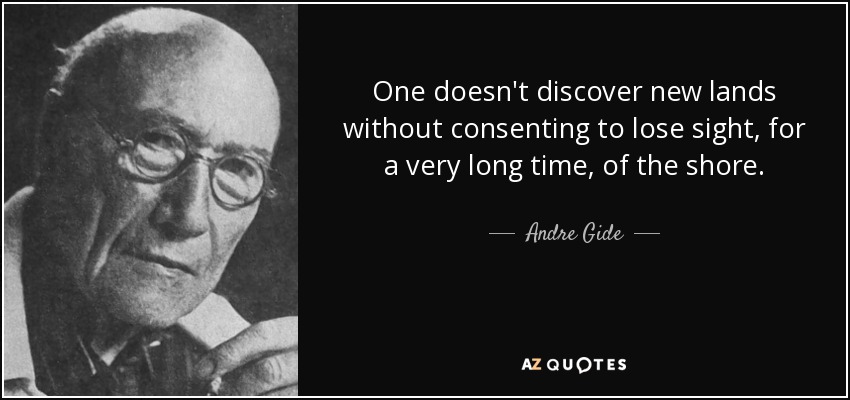
Can empathy be selective?
Research shows we typically feel more empathy for members of our own group, such as those from our ethnic group. For example, one study scanned the brains of Chinese and Caucasian participants while they watched videos of members of their own ethnic group in pain. They also observed people from a different ethnic group in pain.
We feel more empathy from people from our own group. Bahai.us/Flickr, CC BYThe researchers found that a brain area called the anterior cingulate cortex, which is often active when we see others in pain, was less active when participants saw members of ethnic groups different from their own in pain.
Other studies have found brain areas involved in empathy are less active when watching people in pain who act unfairly. We even see activation in brain areas involved in subjective pleasure, such as the ventral striatum, when watching a rival sport team fail.
Yet, we do not always feel less empathy for those who aren’t members of our own group.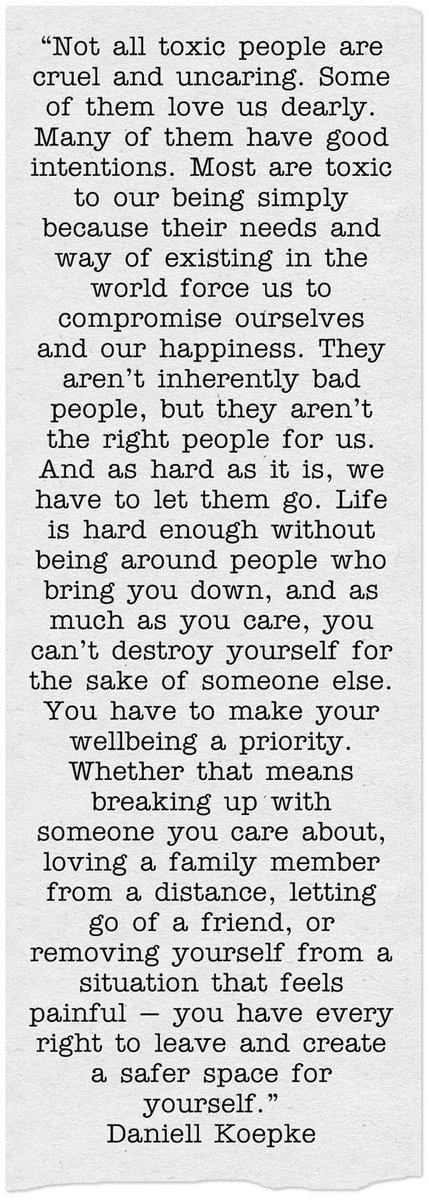 In our recent study, students had to give monetary rewards or painful electrical shocks to students from the same or a different university. We scanned their brain responses when this happened.
In our recent study, students had to give monetary rewards or painful electrical shocks to students from the same or a different university. We scanned their brain responses when this happened.
Brain areas involved in rewarding others were more active when people rewarded members of their own group, but areas involved in harming others were equally active for both groups.
These results correspond to observations in daily life. We generally feel happier if our own group members win something, but we’re unlikely to harm others just because they belong to a different group, culture or race. In general, ingroup bias is more about ingroup love rather than outgroup hate.
In war it might be beneficial to feel less empathy for people who you are trying to kill, especially if they are also trying to harm you. DVIDSHUB/Flickr, CC BYYet in some situations, it could be helpful to feel less empathy for a particular group of people.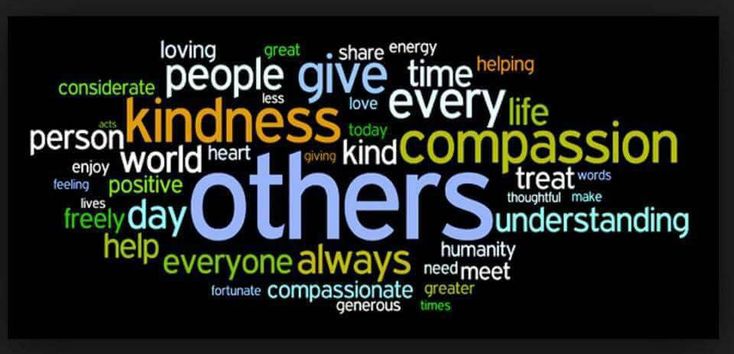 For example, in war it might be beneficial to feel less empathy for people you are trying to kill, especially if they are also trying to harm you.
For example, in war it might be beneficial to feel less empathy for people you are trying to kill, especially if they are also trying to harm you.
To investigate, we conducted another brain imaging study. We asked people to watch videos from a violent video game in which a person was shooting innocent civilians (unjustified violence) or enemy soldiers (justified violence).
While watching the videos, people had to pretend they were killing real people. We found the lateral orbitofrontal cortex, typically active when people harm others, was active when people shot innocent civilians. The more guilt participants felt about shooting civilians, the greater the response in this region.
However, the same area was not activated when people shot the soldier that was trying to kill them.
The results provide insight into how people regulate their emotions. They also show the brain mechanisms typically implicated when harming others become less active when the violence against a particular group is seen as justified.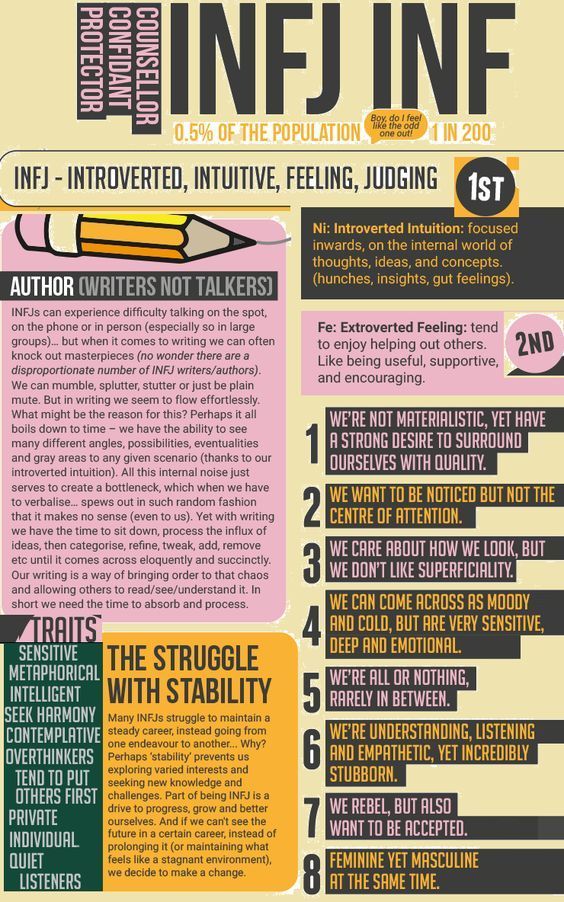
This might provide future insights into how people become desensitised to violence or why some people feel more or less guilty about harming others.
Our empathetic brain has evolved to be highly adaptive to different types of situations. Having empathy is very useful as it often helps to understand others so we can help or deceive them, but sometimes we need to be able to switch off our empathetic feelings to protect our own lives, and those of others.
Tomorrow’s article will look at whether art can cultivate empathy.
Understanding Other People (for Teens)
Predicting Feelings
Imagine yourself in this situation: A friend asks you to a party. You learn that all the girls in your group were invited — except for Paula. How do you think Paula will feel if she finds out?
A. angry
B. sad
C. hurt
D. excluded
E. confused
F. nervous
G. embarrassed
H. indifferent
You probably came up with your answer by putting yourself in Paula's shoes and imagining how you'd feel.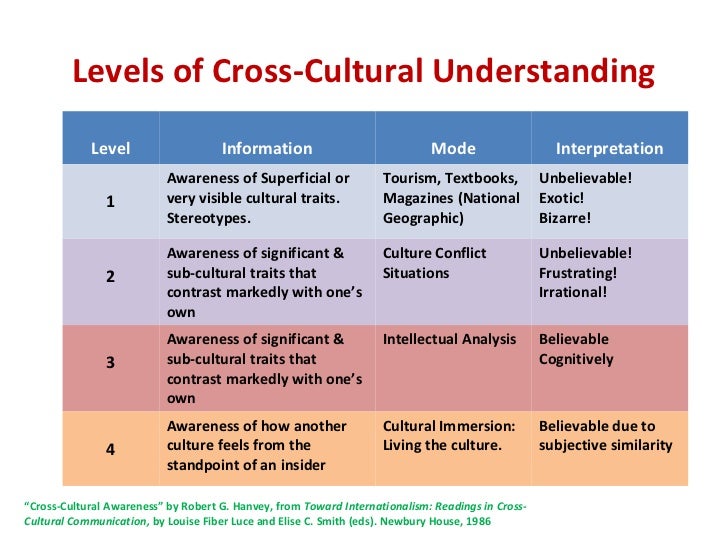 Most people in this situation will feel some or all of emotions A through D: angry, sad, hurt, and excluded. It's not as likely that someone who is left out will feel confused, nervous, embarrassed, or indifferent.
Most people in this situation will feel some or all of emotions A through D: angry, sad, hurt, and excluded. It's not as likely that someone who is left out will feel confused, nervous, embarrassed, or indifferent.
Being able to predict how other people might feel is a part of emotional intelligence (EQ for short). It's a skill we can all develop with practice.
When we understand how other people are likely to feel, it can guide our interactions with them. For example, in the party example above, what if Paula asks: "Are you going to Regan's party?" Knowing that she wasn't invited probably influences how you respond. You might say (or avoid saying!) any of the following:
A. "Yes, I'm going — are you?"
B. "Yes, I'm going. I feel awkward telling you. Is it true she didn't invite you?"
C. "Yes, everyone's going!"
D. "Of course I'm going! It's going to be the best party of the whole year!"
E. "Yes. I'm sorry you weren't invited. I don't think Regan meant to hurt your feelings, I heard her parents only allowed her to ask a few people.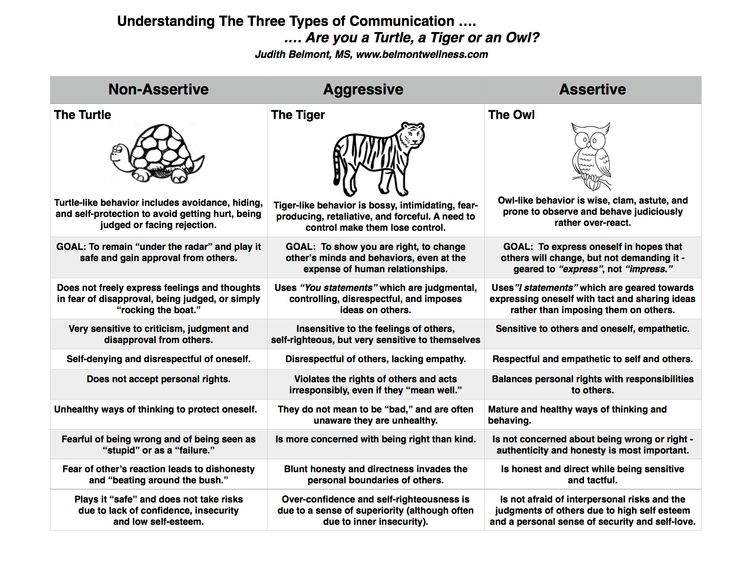 "
"
If you didn't know Paula wasn't invited, you might answer with A, C, or D. Because you know the full story, though, you're more likely to consider Paula's feelings and answer with B or E. Answers C and D are the kinds of things you say when you know for sure the other person has been invited.
p
Reading Body Language
Sometimes you get more information about a situation from what a person doesn't say: Part of emotional intelligence is reading the signals people send and taking them into account.
Let's say Paula approaches you, looking upset. She asks: "Are you going to Regan's party on Saturday?" Her emotional signals (body language, facial expression) clue you in that Paula knows she wasn't invited. In that situation, you might still answer with option A, but you'd probably be more likely to choose B or E.
But what if Paula approaches you looking cheerful and says: "Hey, I heard Regan is having a party this weekend. Are you going?" Based on her body language, you might conclude, "Oh, she doesn't know and she's expecting an invite. "
"
If you have good EQ, you probably feel conflicted about telling Paula you're going to the party when you know she's the only one who's not invited. Even though it's up to Paula to manage her own emotions, you probably feel empathy for her. You know that how you respond can help her feel supported or make her feel worse, so you choose your words accordingly.
Making Sense of Reactions
The skill of understanding others helps us predict what people might feel in a certain situation, but it also allows us to make sense of how people react.
For example:
In homeroom at 8 a.m., your friend is smiling, friendly, and full of energy. Later that afternoon, he looks upset, almost like he might cry. Which explanation is your best guess for what might have happened between these two times?
A. He had a fight with his girlfriend at lunch, and now they're not talking.
B. He passed the 4th period algebra exam.
C. He just found out he didn't make the final cut for varsity basketball.
D. The chemistry teacher assigned a lot of homework.
E. He probably just had a bad day.
You likely ruled out option B instantly: Emotional intelligence tells you that your friend's reaction looks more like failing an exam than passing. If your friend had a bad day or a lot of homework (options D or E), he might seem stressed out, tired, or worn down — but he probably wouldn't be on the verge of tears. Ruling out those options lets you zero in on what's most likely to be upsetting your friend: options A or C.
People who are skilled at understanding others imagine another person's feelings ("I think he'll feel awful if I say that to him"). They are able to relate to how that person reacts to things ("Oh, I completely get why she got angry like that. No wonder!"). Understanding how others feel, act, and react helps us build better relationships.
PHow to Build This Skill
It's not always easy to predict or understand how someone else feels.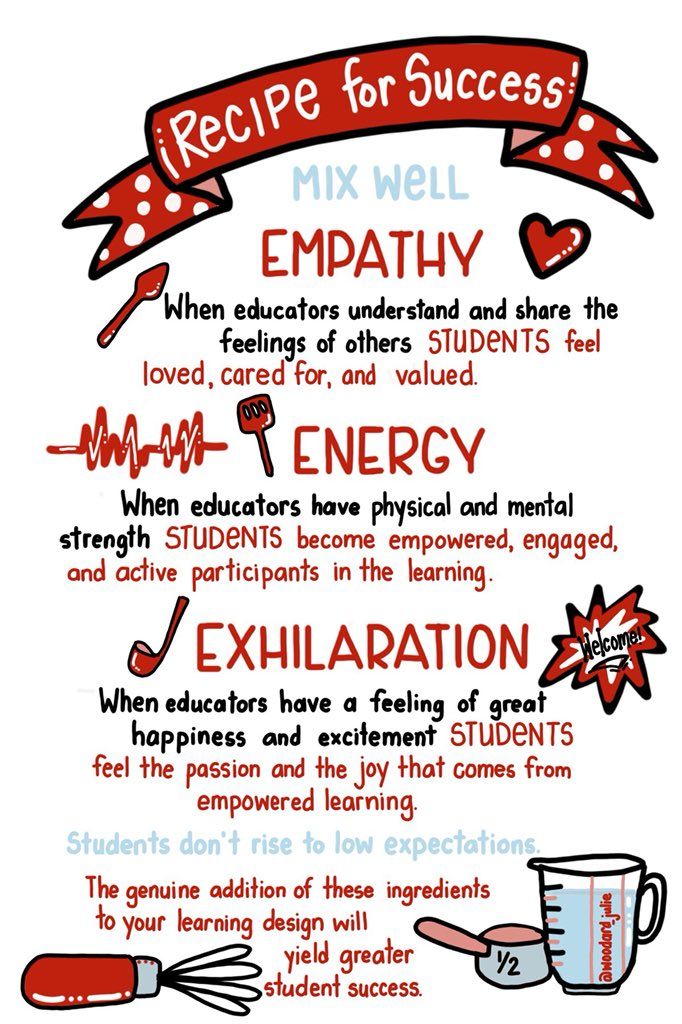 Some people are better at it than others, but just about everyone can improve with practice. Understanding others is all about watching and listening.
Some people are better at it than others, but just about everyone can improve with practice. Understanding others is all about watching and listening.
It Starts With Watching
If you see someone trip and fall, you probably wince — ouch! — as if it happened to you. We have a natural tendency to sense what other people feel just by watching them. Scientists think there's a biological reason for this. They believe that brain cells called "mirror neurons" activate in the same way whether we do something ourselves or watch another person do it.
Try these ways to develop your observation skills:
- Look at people's expressions and body language. Next time you're at the mall, in the coffee shop, or on the subway or bus, try this: Look around and try to identify how people might be feeling based on their body language, facial expressions, and what they're doing. The girl with the textbooks on her knee might have an exam coming up. Does she seem confident — or stressed? What about the guy with his eyes closed? Is he feeling peaceful? Tired? Upset?
- Read books or watch movies that have realistic portrayals of human emotions.
 Pay attention to how different characters feel and act. Try to understand why the characters feel the way they do. Based on those emotions, predict what a character will do next. Or see if you can explain why a character did what he or she did.
Pay attention to how different characters feel and act. Try to understand why the characters feel the way they do. Based on those emotions, predict what a character will do next. Or see if you can explain why a character did what he or she did.
It Improves With Listening
People who are good at understanding others are usually good listeners. Research shows that the better someone listens, the more connected that person feels with the person who is talking. This produces a feeling of bonding and closeness.
Most of us rate ourselves as good listeners — after all, listening seems like such a simple, basic thing to do. But often we're so busy thinking of what we want to say that we don't listen as much as we'd like. Here are some ways to build good listening skills:
- Practice listening well in everyday conversations. Really pay attention to what the other person is saying. Train yourself to think of listening as more important than talking.
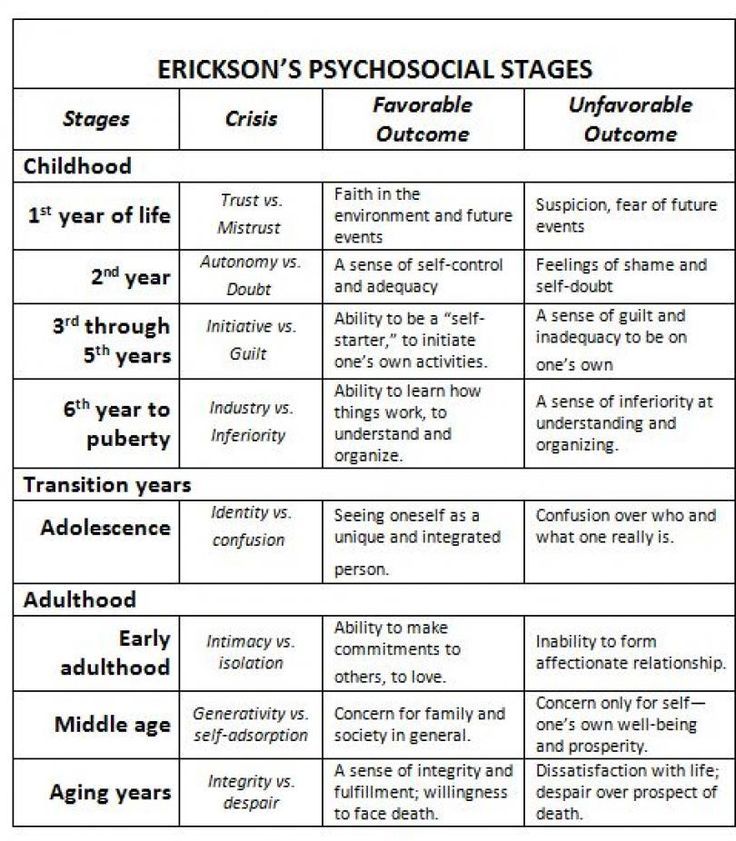
- Tune in to feelings as well as story. When a friend tells you about something, try to imagine how he or she might have felt. Make statements that show you're trying to understand your friend's experience, like: "Oh, that must have felt amazing!" or, "That must be upsetting for you." You'll probably notice that you feel closer, more "in sync" with the person. You might find you can predict what your friend will say next.
- Take time to listen to someone in depth. Interview a friend or family member about a special time in his or her life. For example, ask your parents about their wedding day or get your grandparents to tell you about having their first child. Try to imagine what the experience was really like for them. Ask them to tell you more about how they felt and why.
p
Turning Understanding Into Compassion
After building your skills in understanding others, how do you use that knowledge? If you're like most people, you use it to help and support the people you care about.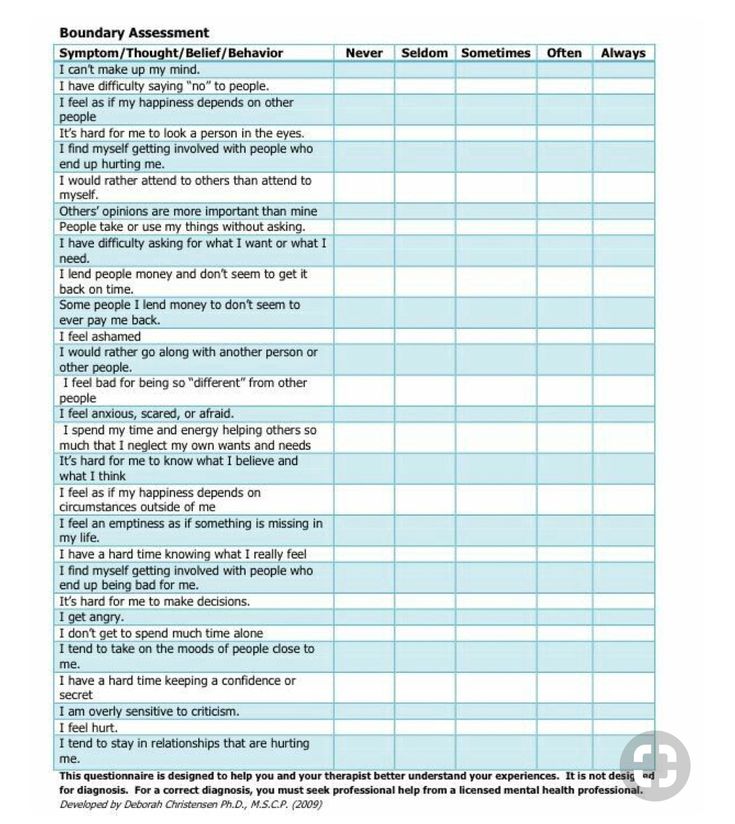 This is compassion, and compassion helps us form relationships. Try these three ways to be more compassionate:
This is compassion, and compassion helps us form relationships. Try these three ways to be more compassionate:
- Ask others what they need. If a friend is going through a difficult time, ask what you can do to help. If your friend says, "I don't know," think about what you'd want in the same situation, then offer to do something similar.
- Show a sincere interest in others. Be curious about the people you know — not in a nosy or fake way, but in a way that shows you want to understand them a little better. For example, ask about the kinds of things they like to do, or about their feelings, ideas, and opinions.
- Act with kindness. When you hear gossip, ridicule, or unkind teasing, make it your first reaction to imagine how it would feel to be on the receiving end. That can help you tune in to other people's feelings and refuse to join in.
Even small acts of compassion can build positive social connections (try saying "hi" to someone who is sitting alone at lunch and see how it makes you feel).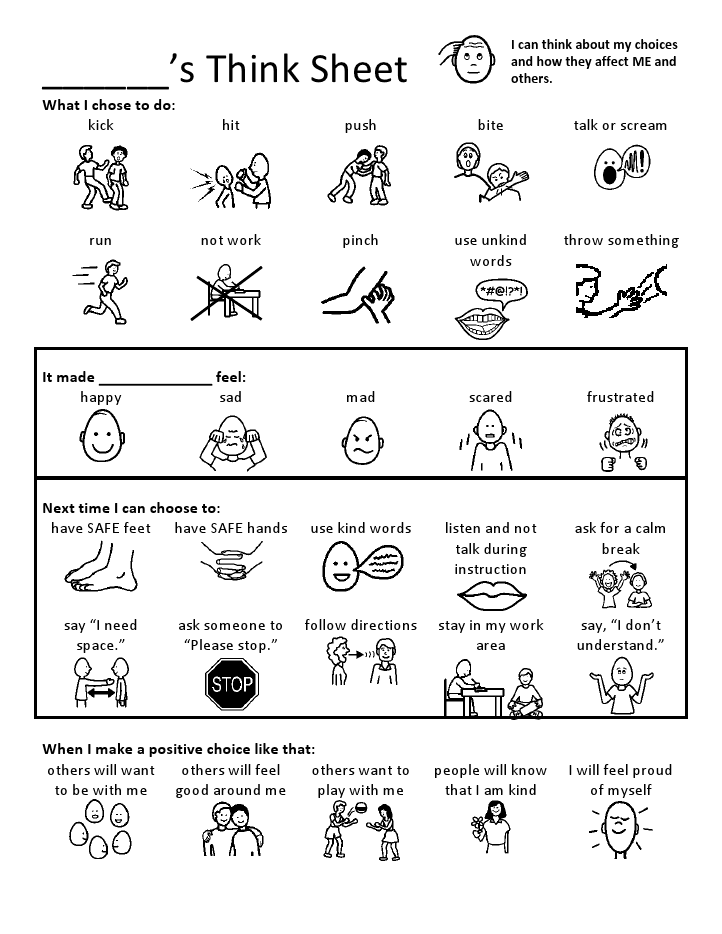 Scientists now know that strong social connections influence our health, happiness, and even how long we live.
Scientists now know that strong social connections influence our health, happiness, and even how long we live.
Emotional intelligence: how to learn to understand your own and other people's emotions
Emotional intelligence is twice as important as hard skills and IQ for career success. Together with Doctor of Psychology Viktoriya Shimanskaya, we will tell you where emotions come from, how to manage them and better understand other people
About the expert: Viktoriya Shimanskaya — Doctor of Psychology, lecturer at MGIMO, MIP, expert in the development of emotional intelligence. Author of the book “Communication” for teenagers, co-founder of the SKILLFOLIO soft skills development project. Author of the first Russian patented method for developing emotional intelligence.
What is emotional intelligence and why is it important
Emotional Intelligence (Emotional Quotient) is the ability to recognize emotions, intentions, motivations, desires of oneself and other people and manage it.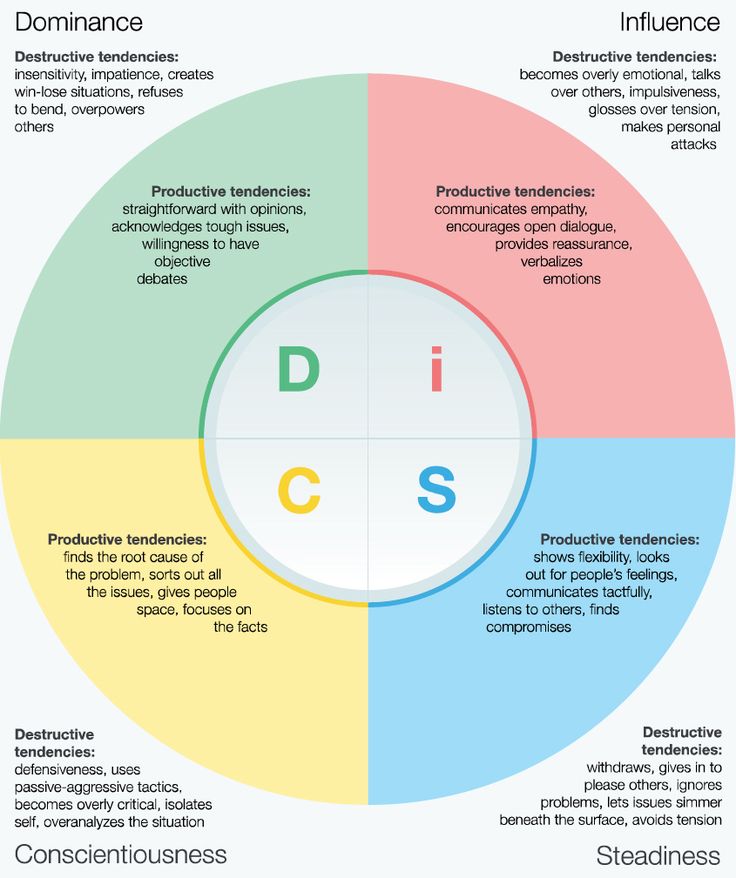 The skill helps to solve practical problems and achieve goals in life and at work. People with developed emotional intelligence are able to negotiate with other people, make decisions and respond correctly to negative situations.
The skill helps to solve practical problems and achieve goals in life and at work. People with developed emotional intelligence are able to negotiate with other people, make decisions and respond correctly to negative situations.
Through emotions we react to events, words and circumstances. If they are not understood, what is happening will be distorted. For example, at work they made a remark to you, and you began to argue and conflict. As a result, this will lead to neurosis, apathy and other depressive states. At the same time, depression does not go away quickly: in 15–39% of people, it lasts more than a year.
A person with developed emotional intelligence reacts to causes, not actions or emotions. This helps him to perceive criticism correctly, understand other people and respond to them with an adequate reaction.
What is emotional intelligence and how it will help your career
The concept of emotional intelligence became popular after the publication of the 1995 book of the same name by science journalist Daniel Goleman.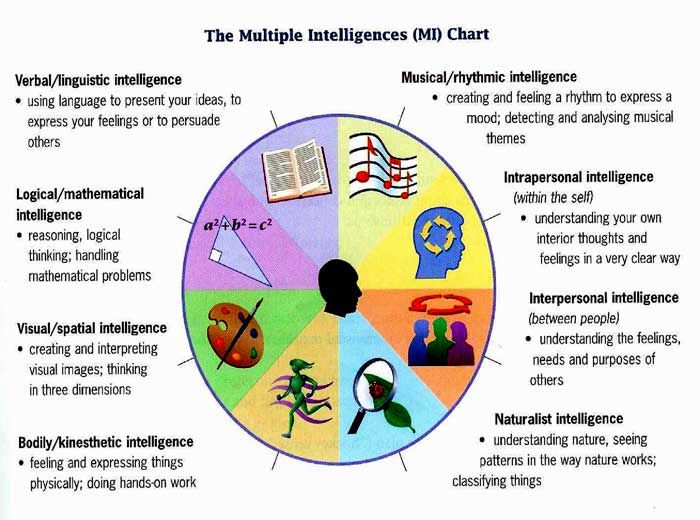 According to Goleman's research, people with developed emotional intelligence have better mental health, work efficiency, and leadership skills. At the same time, 67% of leadership abilities fall on emotional intelligence. It is more important than technical knowledge and IQ twice.
According to Goleman's research, people with developed emotional intelligence have better mental health, work efficiency, and leadership skills. At the same time, 67% of leadership abilities fall on emotional intelligence. It is more important than technical knowledge and IQ twice.
A study by Egon Zehnder confirms this. They analyzed 515 senior executives and found that people with developed emotional intelligence are more likely to succeed. The Carnegie Institute of Technology reported that 85% of our financial success comes from emotional intelligence, leadership, and communication skills. Only 15% depend on technical knowledge. Soft human skills, closely related to emotional intelligence, are the most important skills in the present and the future.
How emotional intelligence works
Let's analyze the model presented by the EQ-factor laboratory led by Nicolas Koro and Viktoriy Shimanskaya in 2014. It clearly shows the coefficients that form the intellectual-emotional profile of a person - IEPP.
Emotional intelligence does not exist separately from the intellect, it is not its opposite. Emotional intelligence EQ and mental intelligence IQ cannot be separated from each other. Moreover, if EQ is not developed, a person will not have a high IQ.
To develop emotional intelligence, you need to focus on four drivers: awareness, self-esteem, motivation, and adaptability. The development of each of the drivers forms the development of the corresponding emotional-intellectual strategy.
- Awareness. Includes awareness of one's thoughts, feelings and behavior. Develops the strategy of "Philosophers". Philosophers learn quickly and accumulate knowledge, but it is difficult for them to move from theory to practice and translate knowledge into real skills.
- Self-assessment. Includes acceptance, the ability not to depend on external assessments and opinions, a positive perception of the world and determination.
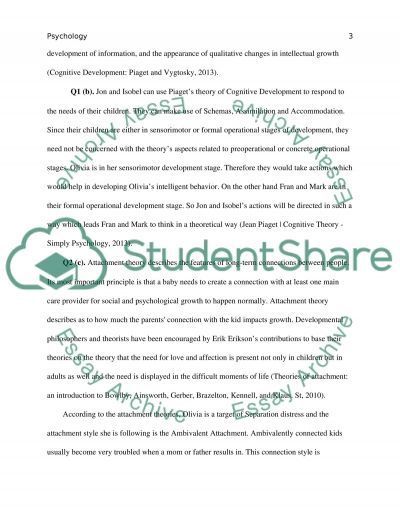 Helps to master the strategy of the "Stars". Such people are self-confident, but tend to talk to impress. Stars run the risk of remaining at the level of "impressions" if they do not pump up the drivers of awareness and motivation.
Helps to master the strategy of the "Stars". Such people are self-confident, but tend to talk to impress. Stars run the risk of remaining at the level of "impressions" if they do not pump up the drivers of awareness and motivation. - Motivation. Includes openness to new things, goal-setting, experiencing failures, striving for self-actualization. Helps to master the strategy of "Heroes". Heroes enjoy self-development and achievements, so they constantly improve and can lead people. Heroes run the risk of quickly burning out if they do not understand the reasons for their work.
- Adaptability. Includes empathy, stress tolerance, decision making and communication skills. Develops the strategy of "Leaders". Such people are stress-resistant, empathic and hardworking, but prone to impostor syndrome. This is a cognitive distortion when a person considers himself a deceiver and does not attribute achievements to his qualities and skills.

Emotional intelligence is a kind of base of the personality pyramid. The larger the volume of this pyramid, the more opportunities and influence a person can have on his life, the lives of other people and the world as a whole.
All four profiles are equally promising. To build an effective life strategy, you need to understand your strong drivers and pay attention to the weak ones. In conjunction with the IQ intelligence vector, emotional intelligence forms the life strategy of "Creators". It helps to realize the potential of a person and achieve the highest level of self-realization.
How to develop emotional intelligence
Honesty and the correct assessment of one's behavior are key factors for the development of EQ, says Viktoria Shimanskaya, Doctor of Psychology and an expert in the development of emotional intelligence.
Honesty. To test your honesty, do a simple exercise - write down on paper three personality traits that you do not like about yourself.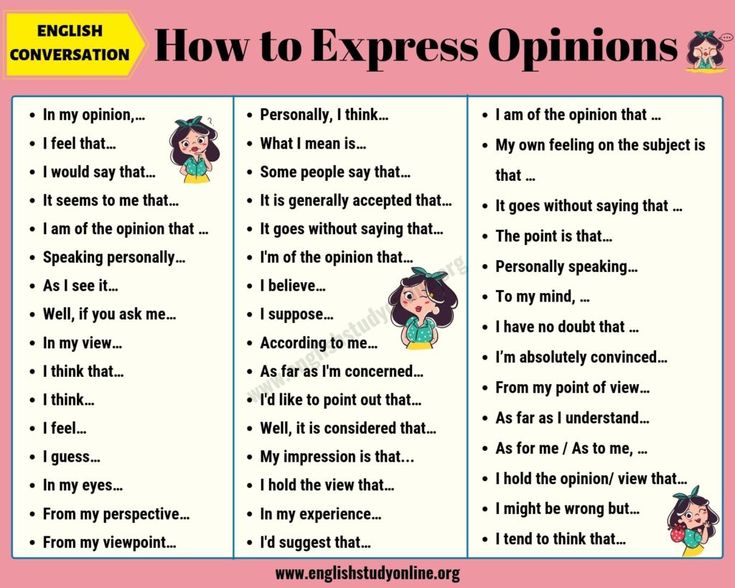 For example, "I wake up late", "I'm lazy", and "I get easily irritated". According to the first principle of the concept of emotional intelligence, there is a positive intention in every action we take. Think about why you wake up late and what is the positive intention behind this action. For example, because you get very tired at work and worry about a new project.
For example, "I wake up late", "I'm lazy", and "I get easily irritated". According to the first principle of the concept of emotional intelligence, there is a positive intention in every action we take. Think about why you wake up late and what is the positive intention behind this action. For example, because you get very tired at work and worry about a new project.
Psychologist and author of Emotional Intelligence Daniel Goleman tries to figure out why we don't show compassion more often and how it will change our lives
Behavior assessment. It is difficult to answer the question why we behave this way in a particular situation. But an honest answer gives a reaction on three levels: meaning, body and emotions - this is the second paradigm in the concept of emotional intelligence. If you change the reaction at one of these levels, the rest will change. For example, you are doing a good job, but you realized that customers do not return again because you do not know how to communicate with them.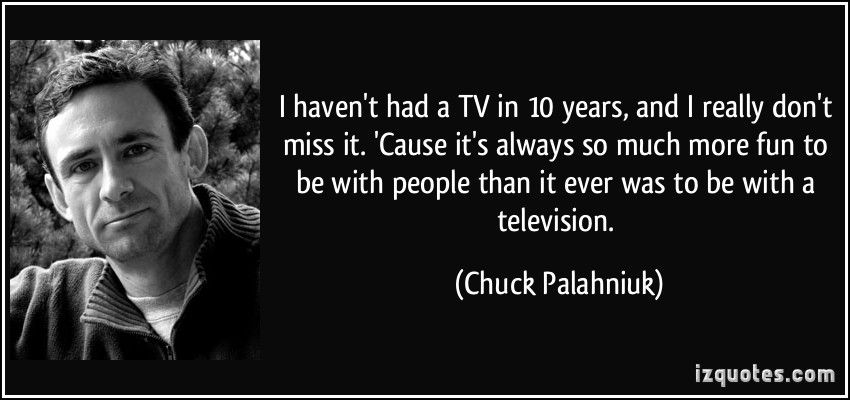 Because of this, you are annoyed, but the awareness of this thing will give a state of insight at the level of meaning. At the level of the body, there will be relaxation and a feeling, "as if a mountain has fallen from the shoulders." At the level of emotions, it will become easier. You have found the true cause of anger and irritation, although it is difficult to admit.
Because of this, you are annoyed, but the awareness of this thing will give a state of insight at the level of meaning. At the level of the body, there will be relaxation and a feeling, "as if a mountain has fallen from the shoulders." At the level of emotions, it will become easier. You have found the true cause of anger and irritation, although it is difficult to admit.
Emotional Intelligence Development Tools
There are four components to developing emotional intelligence. Self-awareness and self-control help you work with yourself, while social competence and relationship management help you build strong relationships with others.
- Awareness
The development of emotional intelligence should begin with the awareness of what is happening to you. You need to learn to separate yourself and emotions, to present them as a separate phenomenon and look at it from the side. Emotions are your reaction to what is happening around you. They change with changes in external circumstances, so remember: you ≠ your emotions. The ability to separate emotion from yourself will help you assess the situation, make a decision and respond correctly.
They change with changes in external circumstances, so remember: you ≠ your emotions. The ability to separate emotion from yourself will help you assess the situation, make a decision and respond correctly.
For example, on the edge of a cliff, you realize that you are afraid and move away. In this case, fear will save your life. But in negotiations with an important client, he will interfere with collecting thoughts and focusing on the result. Realizing this, you need to push the fear aside and move on.
Mark Williams and Danny Penman define emotions in their book Mindfulness: “They are clusters of thoughts, feelings, bodily sensations and impulses. All the elements interact with each other and can enhance or dampen the overall mood.”
Any emotion can be accepted or rejected. At the same time, emotions cannot be suppressed. This will lead to neurosis and dissatisfaction with life.
Practice: draw a scale from 0 to 10 on paper.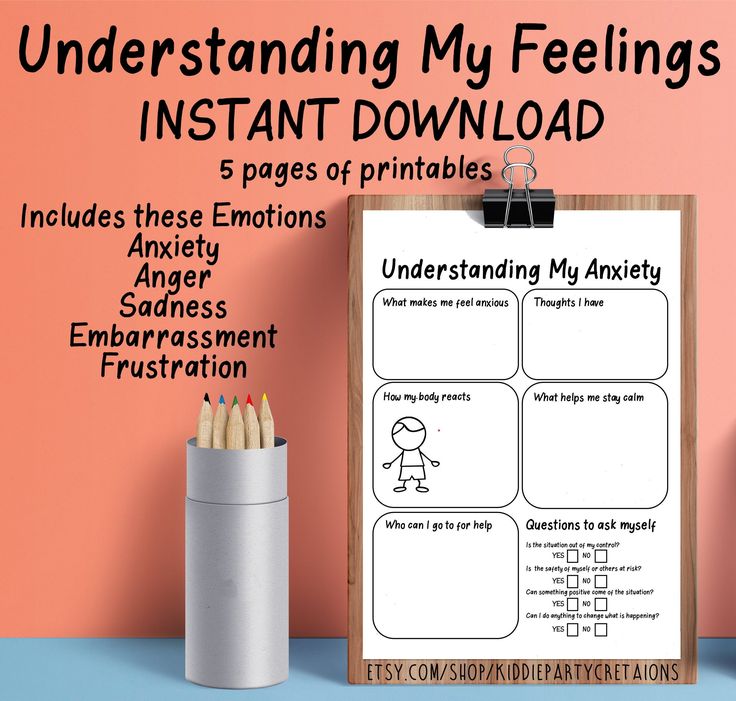 Mark the level of fear on it, for example, 7 bars. Now increase the level to 9, and then decrease to 5. Try to understand your feelings and experience the emotion. Reduce your fear by another 2 or 3 bars, and get down to business that you were afraid of. This is the essence of emotion management.
Mark the level of fear on it, for example, 7 bars. Now increase the level to 9, and then decrease to 5. Try to understand your feelings and experience the emotion. Reduce your fear by another 2 or 3 bars, and get down to business that you were afraid of. This is the essence of emotion management.
- Self-monitoring
If you are aware and able to separate emotion from yourself, you will be able to control and express it correctly. This skill is especially important for leaders. To control an emotion, it must be expressed and spoken out loud.
Practice: learn to speak the language of emotions. Use a three-part phrase:
-
I feel…
-
Because…
-
I would like...
For example, I am frustrated and angry because I did not have time to prepare a presentation for a new client.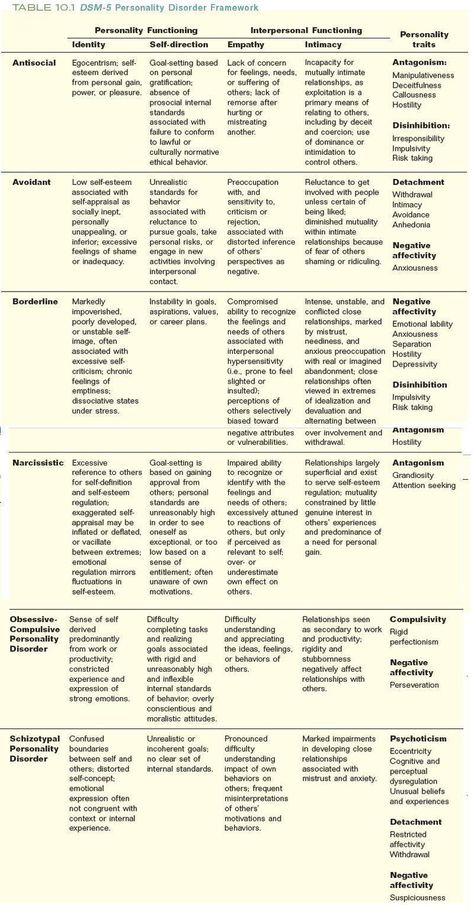 I would like us to do it together, because the client is important for the company. Formulate several negative and positive emotions according to this formula.
I would like us to do it together, because the client is important for the company. Formulate several negative and positive emotions according to this formula.
Methods of non-violent communication will help to learn how to express feelings. Practice, over time it will become a habit. You will change your speech and reaction to many events.
- Social competence
Social competence helps to see the essence and cause of what is happening and not get involved in emotional battles. Make smarter and more informed decisions. To do this, you need to learn to understand what is behind the behavior of another person. This way you will prevent 90% of conflicts.
One's own or another person's reaction can be decomposed into meaning, action and intention. This will help to correctly interpret emotions and respond to them
One's own or another person's reaction can be decomposed into meaning, action and intention.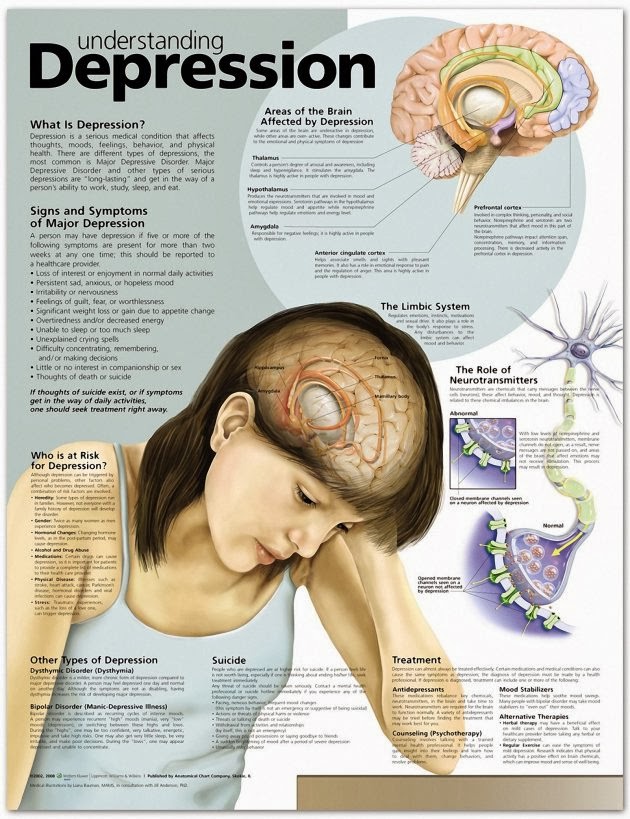 This will help to correctly interpret emotions and respond to them
This will help to correctly interpret emotions and respond to them
When communicating with people, do not react to actions and words, but to the intentions and reasons that lie behind them. Any reaction and behavior can be decomposed into three components:
-
Intention — the meaning, the true reason. A person may or may not be aware of his intention, but it will always be positive. For example, the manager yelled at you because he was worried about the results of the project.
-
Action is how a person realizes the cause. It can be positive and constructive or negative and destructive. For example, you will insult a man in response to unacceptable behavior or explain your attitude and offer to behave differently.
-
Meaning is the meaning you give to the action.
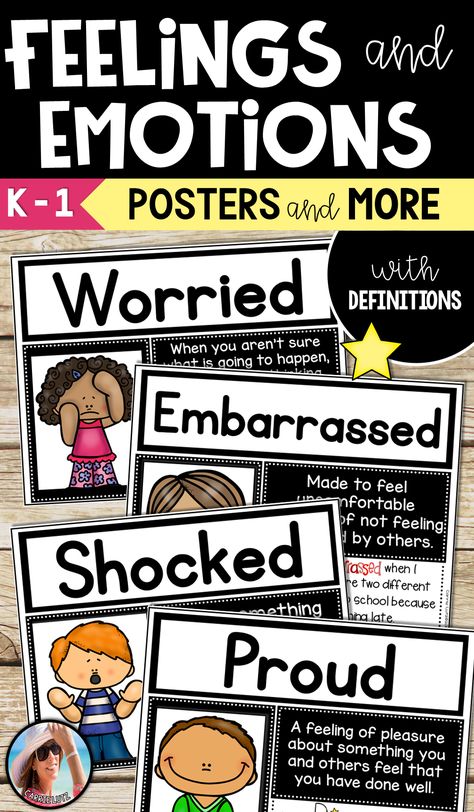 It is either positive or negative. For example, you asked a colleague a question, but he did not answer. Positive meaning - the colleague did not hear the question, negative - he does not respect you.
It is either positive or negative. For example, you asked a colleague a question, but he did not answer. Positive meaning - the colleague did not hear the question, negative - he does not respect you.
Practice: remember a few conflict situations and try to expand them according to this formula. Find positive intentions in your meanings and actions.
- Relationship Management
The emotion quadrant will help you determine your emotional state, use it or change it. This is a coordinate system from 0 to 10 on each axis. Below are the level of mood and pleasure - gray and green squares. Above are the level of energy and physical well-being - orange and yellow squares.
The Emotion Quadrant helps you determine which emotional state you or your co-workers are in to direct energy and mood for good
The Emotion Quadrant helps you determine which emotional state you or your co-workers are in to direct energy and mood to benefit
How it works. For example, you didn’t make a presentation for a new client and you are worried because of this. Rate the level of mood at 3 points. At the same time, you still have a lot of strength, so the energy level will be 7 points. So you get into the red square "I'm worried." In this state, it is better to do active work that does not require an emotional mood: tidy up the house, take out the trash, cook food.
For example, you didn’t make a presentation for a new client and you are worried because of this. Rate the level of mood at 3 points. At the same time, you still have a lot of strength, so the energy level will be 7 points. So you get into the red square "I'm worried." In this state, it is better to do active work that does not require an emotional mood: tidy up the house, take out the trash, cook food.
In the green square you are in a good mood but have little energy. In this case, learn new things: immerse yourself in a project or task, collect information. Do things that don't require physical activity.
In the yellow square, mood and energy are at their maximum. This is a good opportunity for brainstorming. Come up with new ideas and projects, mix formats and look for other solutions to common problems.
There is little energy and no mood in the blue square. Here you should look for errors and shortcomings. Figure out how you can improve your daily routine and see what else you can work on.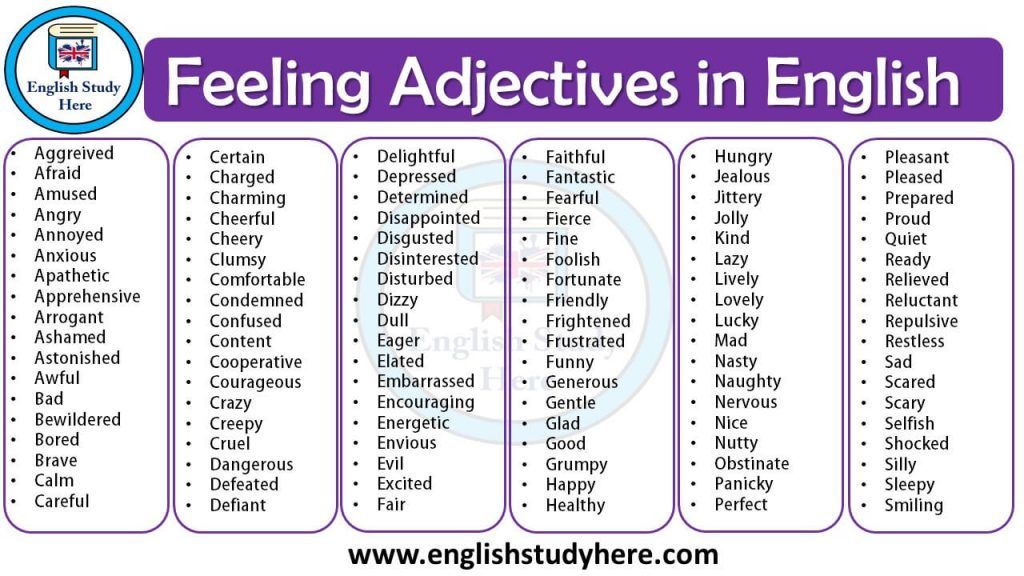
The Emotion Quadrant will help you channel your free resources to the right things. You will be able to correctly prioritize and give clear orders to employees.
How to determine the level of development of emotional intelligence?
The author of the book "Emotional Intelligence in Practice" Justin Bariso identifies 13 criteria for a developed EQ:
-
Become aware of your feelings and emotions.
-
Pause before speaking or acting.
-
Strive to control your thoughts and reactions to emotions.
-
Use criticism as an opportunity to improve.
-
Stick to your values and principles.
-
Know how to sympathize.
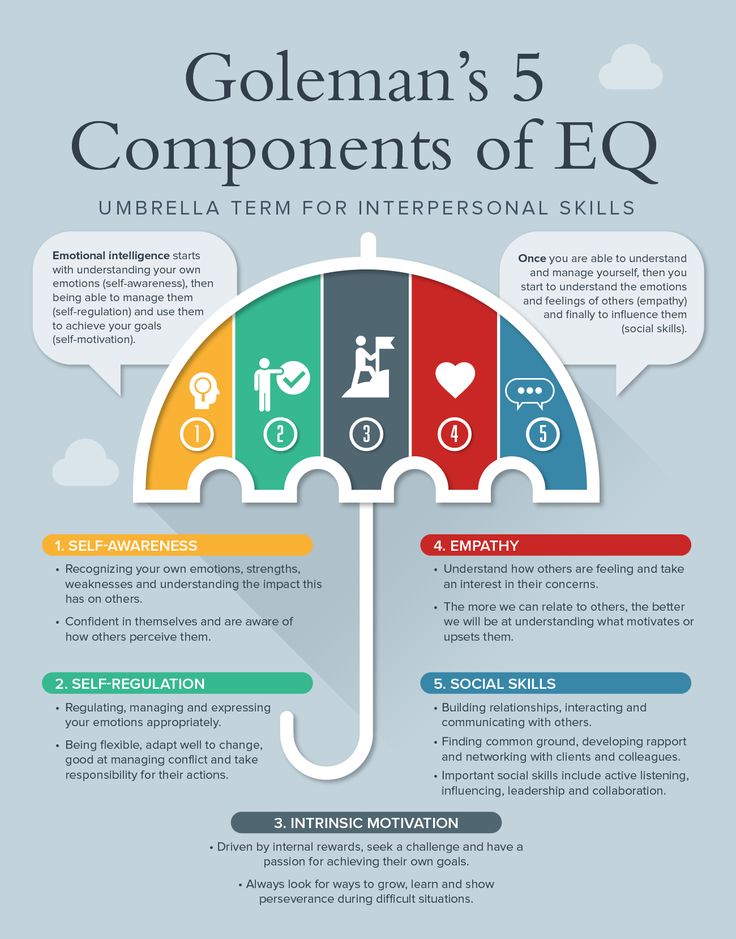
-
Praise and inspire others.
-
Give useful feedback.
-
Apologize and acknowledge mistakes.
-
Forgive and forget.
-
Fulfill your obligations.
-
Help others.
-
Protect yourself from emotional sabotage.
Victoria Shimanskaya adds one universal but subjective criterion - the degree of satisfaction with one's own life. Feeling is more important in EQ than skill development. If you can't ask for a raise for several years or get terribly angry when you clean your apartment, take a closer look at working with your emotions.
The hardest thing about developing emotional intelligence is getting started. It is not clear at what point there is an experience that allows you to further develop your EQ skills. Begin to carefully listen to yourself and catch the emotion: name, realize, reflect, listen to your feelings. Without this exercise, no books will get you closer to feeling happy, overcoming fears, curbing anger, and other tasks that we want to solve with the help of emotion management.
Emotional intelligence lives at the intersection of meanings and the body. Only by linking knowledge with physical sensations, you can turn it on and adjust your emotional apparatus. This means that our path is to work out the connection between the body and consciousness. To do - to fix, to feel - to comprehend.
To develop emotional intelligence
- Learn to be aware of your emotions and name them. Say out loud what you feel.
- Accept emotions and try to live them without prejudice to yourself and others.

- Learn to separate emotions from yourself. You are always more than one emotion.
- Seek and understand the cause of the emotion.
- Align emotions with current life purpose. Think about how they can help you and use them to your advantage.
- Try applying the EQ tools to other people.
- Get a special diagnostic to determine the level of development of emotional intelligence. Choose trainings, courses, books that will help you improve your skill.
What is emotional intelligence and how it defines our lives
What is emotional intelligence
In the mid-1990s, the Western world exploded with psychological bestseller by journalist Daniel Goleman, Emotional Intelligence: Why It Matters More Than IQ. Through facts about the human brain, the history of emotions and anthropology, Goleman tried to give his version of a successful person, using the research of American scientists. At that moment, they were actively looking for the ingredient of success, analyzing the achievements of different people in childhood and adulthood, their cognitive and social skills. Of course, the origin, heredity and the forces invested in education affect the viability of a person in adulthood, but success in life - especially for people without innate privileges - is affected by a unique combination of intellectual abilities and emotional sensitivity, when a person does not use his own feelings and desires destructively, but to achieve long-term goals. Whatever the university degree, parental family and the first years of a happy life, it is the ability of a person to manage his feelings and notice the feelings of others that will affect his ability to establish long-term relationships in his personal life and business, gain influence, draw attention to himself, lead a team, make friends and start a family.
Of course, the origin, heredity and the forces invested in education affect the viability of a person in adulthood, but success in life - especially for people without innate privileges - is affected by a unique combination of intellectual abilities and emotional sensitivity, when a person does not use his own feelings and desires destructively, but to achieve long-term goals. Whatever the university degree, parental family and the first years of a happy life, it is the ability of a person to manage his feelings and notice the feelings of others that will affect his ability to establish long-term relationships in his personal life and business, gain influence, draw attention to himself, lead a team, make friends and start a family.
Emotional intelligence in a broad sense is the recognition of oneself and others of both positive and negative feelings, the ability to separate personal feelings from bare facts, as well as the ability to feel mood, temperament, intonation and intentions in communication with other people, regardless of whether whether they are old acquaintances or you see them for the first time in your life. An important part of emotional intelligence is the ability to recognize and honestly describe one’s own emotions, the ability not to panic and reject “bad emotions” (anger, jealousy, irritation, envy, anger) and the widespread use of emotionally colored language with self-messages. People who are able to articulate their feelings (“I’m sorry that our vacation is so casual” instead of “Why don’t you come up with something again?” Is the first tangible sign), realize their source and calmly discuss further actions without getting personal, there are not Often. And the time spent with them, for the majority, turns out to be very high-quality communication.
An important part of emotional intelligence is the ability to recognize and honestly describe one’s own emotions, the ability not to panic and reject “bad emotions” (anger, jealousy, irritation, envy, anger) and the widespread use of emotionally colored language with self-messages. People who are able to articulate their feelings (“I’m sorry that our vacation is so casual” instead of “Why don’t you come up with something again?” Is the first tangible sign), realize their source and calmly discuss further actions without getting personal, there are not Often. And the time spent with them, for the majority, turns out to be very high-quality communication.
Psychologists generally divide emotional intelligence into four categories of skills. The first is the ability to communicate clearly and distinctly with others, explain expectations, actively listen, influence and inspire, work in a team or lead it and resolve conflicts. The second is general empathy and a comfortable sense of self in a large group of people: whether you're an extrovert or an introvert, you feel the emotional cues of others and rarely encounter misunderstandings. Third feature - Knowing your strengths and weaknesses and calmly coexisting with them, as well as a good knowledge of personal emotions and their influence on your life. And the last is the ability to manage emotions, limit their destructive influence on oneself, the ability to fulfill obligations, maintain long-term relationships and change in accordance with the environment.
Third feature - Knowing your strengths and weaknesses and calmly coexisting with them, as well as a good knowledge of personal emotions and their influence on your life. And the last is the ability to manage emotions, limit their destructive influence on oneself, the ability to fulfill obligations, maintain long-term relationships and change in accordance with the environment.
By itself, emotional intelligence is able to keep a person afloat, but it brings the best results in a career in combination with deep knowledge and strong motivation. Indeed, a high IQ helps you get into university or get a long-awaited job, but it is a developed emotional intelligence that affects exposure to stress, helps you start relationships in a new place or adapt to a turbulent work situation. Self-regulation, the ability to hear and put oneself in the place of another, the ability to manage mood complements practical skills and abilities in all areas where communication is required. Obviously, in an age when most unpleasant tasks have already been assigned or will soon be transferred to machines, such areas are the vast majority.
Obviously, in an age when most unpleasant tasks have already been assigned or will soon be transferred to machines, such areas are the vast majority.
© JakeOlimb; erhui1979 / istockphoto.com
What Emotional Intelligence Influences and Why You Can't Do Without It
How often have you come across an incredibly talented and at the same time optional person who does not keep agreements? Have you ever been in his place? Were you interrupted with inappropriate remarks, or did your intervention only exacerbate the conflict? Has it ever happened that because of unvoiced expectations, your relationship only got worse and no one could determine what was the reason? All of these situations reflect problems with emotional intelligence: when a misunderstanding of intent and mood, emotional state and motivation makes simple communication tense, negative, or even rude. What is emotional intelligence primarily affected by?
- Self-awareness -
Feeling euphoria or depression, causeless anxiety or a very specific concern, a person with a high EQ understands what is happening to him and what it is called.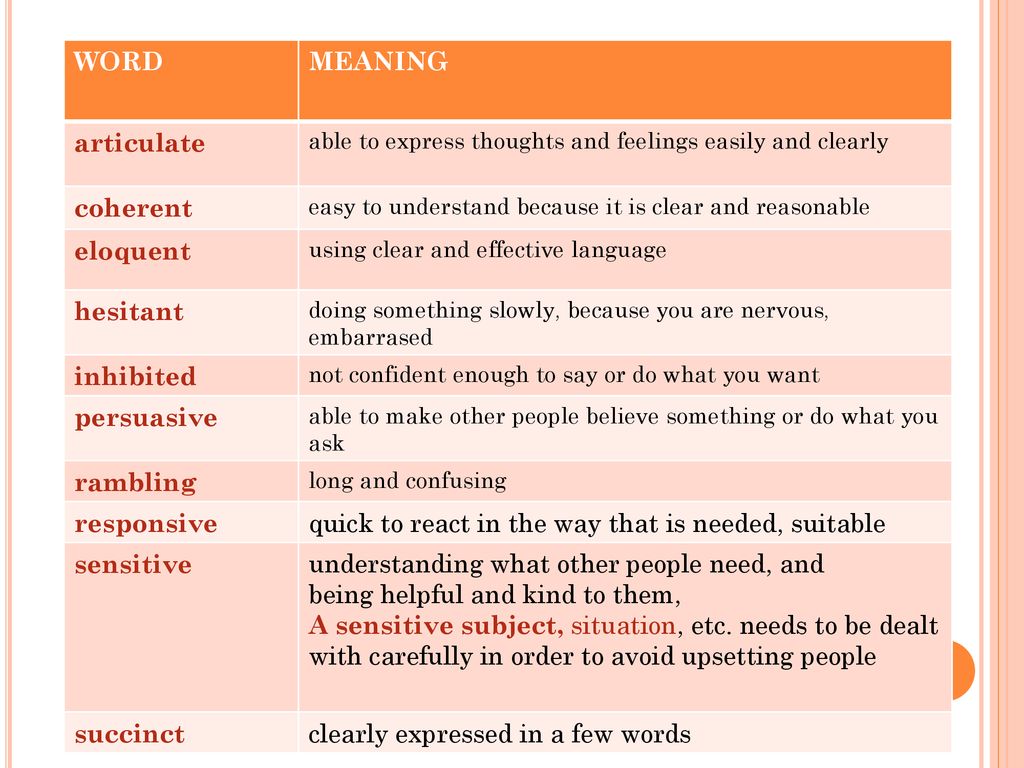 He is able to distinguish anxiety from anger or panic, and spontaneous tender joy from intense emotional intimacy. Being aware of his feelings, he is able to move away from them and not delve into destructive and incorporeal thoughts. For example, he will not take a slight infatuation for great love, and a curious prospect for the main goal of life. Based on emotions, he will make long-term plans, where mood swings or new events in life in general will not greatly change the vector of his development. This does not mean at all a dull life, without impressions, in which one cannot be subjected to impulse. Rather, it is a deep knowledge of how to respond to specific emotions. For example, do not continue a fruitless argument when all parties to the conflict are on edge. Do not take on too many responsibilities in a state of euphoria. Do not be afraid to admit to yourself in unsightly feelings and take responsibility for them. Don't do good to others without their request. These "nots" are taken from personal negative experiences and are often automatically adjusted after a few misses - it just takes time to catch the connection between our feelings and subsequent actions.
He is able to distinguish anxiety from anger or panic, and spontaneous tender joy from intense emotional intimacy. Being aware of his feelings, he is able to move away from them and not delve into destructive and incorporeal thoughts. For example, he will not take a slight infatuation for great love, and a curious prospect for the main goal of life. Based on emotions, he will make long-term plans, where mood swings or new events in life in general will not greatly change the vector of his development. This does not mean at all a dull life, without impressions, in which one cannot be subjected to impulse. Rather, it is a deep knowledge of how to respond to specific emotions. For example, do not continue a fruitless argument when all parties to the conflict are on edge. Do not take on too many responsibilities in a state of euphoria. Do not be afraid to admit to yourself in unsightly feelings and take responsibility for them. Don't do good to others without their request. These "nots" are taken from personal negative experiences and are often automatically adjusted after a few misses - it just takes time to catch the connection between our feelings and subsequent actions.
— Self-regulation —
Understanding your feelings, it is easy to manage yourself — from conscious nutrition to work schedule and work time planning. A high EQ means that we take responsibility for our lives and the final result of all relationships - work and personal - and do not look for someone to blame. Instead of putting the blame on colleagues who let us down, or the other half who did not understand us correctly, people with high EQ tend to ask themselves questions at what point in the misunderstanding worsened, what exactly they could have done better - and use this knowledge in the next similar situations. Self-control contributes to the fact that we do not allow negative emotions - anger, anxiety, fatigue - to affect others and monitor our own reputation: we keep our word, promise and agreements on an ongoing basis outside of force majeure. Results are judged by the efforts and actions of one's own, and not through the analysis of the mistakes of others.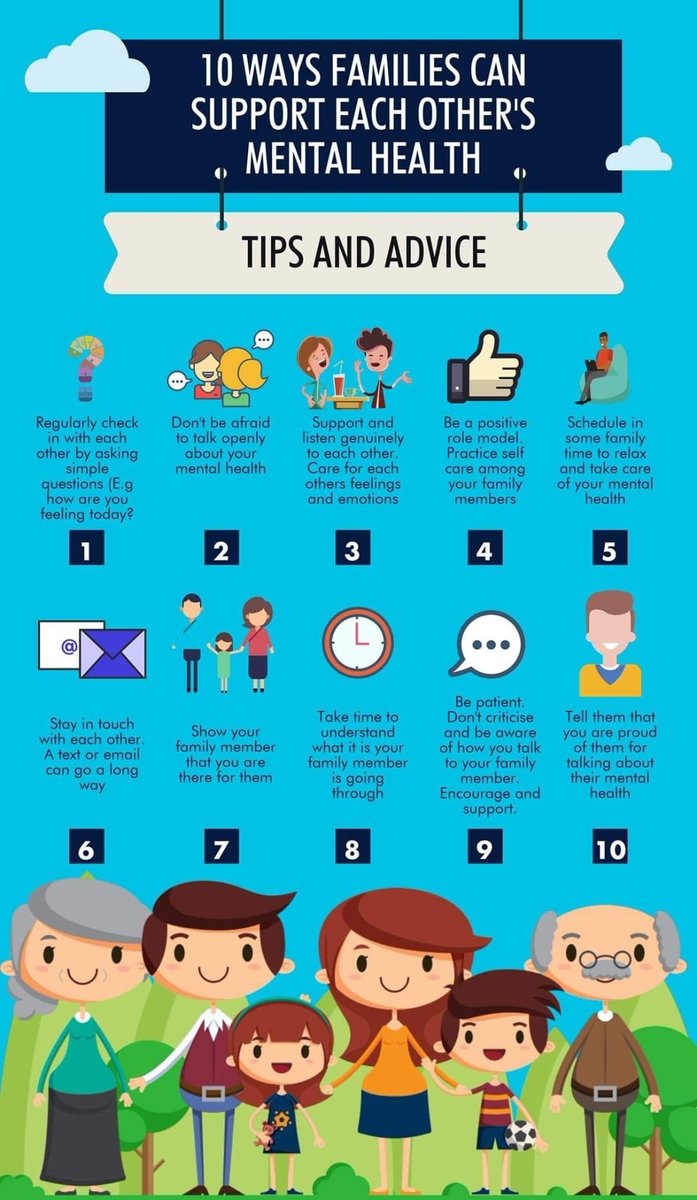 And new conditions and life situations do not plunge into an alarming state: a person with a high EQ will look in difficulties for the possibility of solving them and personal growth or moving to another job and to other relationships. Of course, this does not mean that you need to turn into a robot, in which all impulses and reactions are ordered. Rather, emotional intelligence means a sound assessment of one's capabilities and merits, recognizing people's right to behave as they want, and the ability to resolve conflict situations in a clash of interests without becoming their hostages for many months.
And new conditions and life situations do not plunge into an alarming state: a person with a high EQ will look in difficulties for the possibility of solving them and personal growth or moving to another job and to other relationships. Of course, this does not mean that you need to turn into a robot, in which all impulses and reactions are ordered. Rather, emotional intelligence means a sound assessment of one's capabilities and merits, recognizing people's right to behave as they want, and the ability to resolve conflict situations in a clash of interests without becoming their hostages for many months.
- Motivation -
Emotional intelligence is closely related to motivation and proactive behavior - the ability to adequately respond to change, unite (rather than divide) people, represent other people's interests, delegate power and inspire people to believe in the best. A person with a high EQ is easy to train and relates to temporary difficulties without a decadent attitude, guided by the principle “if we don’t try, we won’t know. ” He analyzes his own and other people's mistakes well, is not presumptuous, and therefore knows how to influence the mood of the group without intimidating or making light promises.
” He analyzes his own and other people's mistakes well, is not presumptuous, and therefore knows how to influence the mood of the group without intimidating or making light promises.
First, emotional intelligence influences the desire to justify one's own and other people's expectations and to treat these guarantees more responsibly. Secondly, the need to discuss mutual expectations at work or in the family provides an opportunity to express concerns about why the “gray areas” in a large task become smaller over time. Thirdly, emotional intelligence is almost always associated with the rational allocation of resources and initiative: instead of procrastinating, a proactive person will choose to teach or help another, arrange a common space, additional skills or free time. You have probably noticed that in any team there is a person who needs a little more than others, and he willingly shares this - he has ideas on how to spend the evening, he grows flowers in the office or brings treats, helps others without complaint and takes on education of trainees.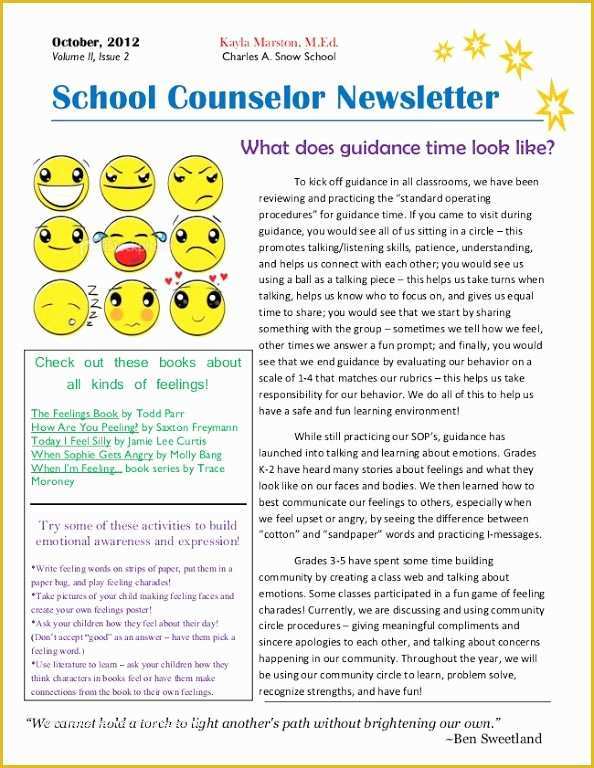 All this is one way or another an example of motivation in the workplace. In personal life, everything works in much the same way. We know people who always call first, choose a new place for a group dinner, book a group trip, invite them on a date, never forget a birthday - all these are also signs of emotional intelligence.
All this is one way or another an example of motivation in the workplace. In personal life, everything works in much the same way. We know people who always call first, choose a new place for a group dinner, book a group trip, invite them on a date, never forget a birthday - all these are also signs of emotional intelligence.
- Empathy -
In a broad sense, emotional intelligence affects the ability to understand what others feel and think. This can include a lot of information of various kinds: both knowledge of social psychology about group behavior or relationships in a couple, as well as specific skills to calm and get a panicked person out of a stupor, knowledge of the correct wording and ways to divert attention. In general, empathy is attunement to others in any of their states, accepting their mood, understanding language and reading non-verbal signs. The first thing that emotional intelligence affects is the ability to recognize the emotions of others and draw conclusions from this. The rule of not yelling at a crying baby or having long arguments with aggressive people is a basic rule of empathy that helps reduce wasted effort. A manager who listens to subordinates and gives them the tools to grow and develop manifests himself as an empathic leader because he feels the needs of others and helps them reach their potential. A sense of justice is also associated with empathy - the absence of prejudices and preferences, the ability to use the skills of all participants in the process for the common good. And, of course, a person with a developed emotional intelligence usually understands well what they don’t talk about: he respects weaknesses, remembers injuries, does not push conflicting parties together, sees the hierarchy and knows how to reckon with it.
The rule of not yelling at a crying baby or having long arguments with aggressive people is a basic rule of empathy that helps reduce wasted effort. A manager who listens to subordinates and gives them the tools to grow and develop manifests himself as an empathic leader because he feels the needs of others and helps them reach their potential. A sense of justice is also associated with empathy - the absence of prejudices and preferences, the ability to use the skills of all participants in the process for the common good. And, of course, a person with a developed emotional intelligence usually understands well what they don’t talk about: he respects weaknesses, remembers injuries, does not push conflicting parties together, sees the hierarchy and knows how to reckon with it.
- Social skills -
All of the above areas of influence of emotional intelligence lead to the main thing: the combination of these qualities helps us to better understand people, not to have unjustified expectations towards them, not to demand more from ourselves and others than in our strength, not to become hostages of emotions, not to succumb to group influence.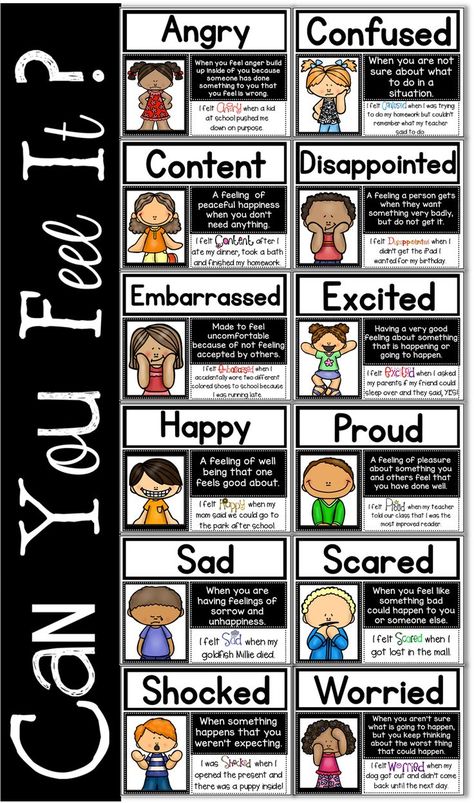 People with high EQ are more likely to work on rhetorical devices or are already good at persuasion techniques. They know how to verbally prioritize, don't expect their emotions to be guessed, and rarely slip into passive-aggressive behavior.
People with high EQ are more likely to work on rhetorical devices or are already good at persuasion techniques. They know how to verbally prioritize, don't expect their emotions to be guessed, and rarely slip into passive-aggressive behavior.
Emotional intelligence helps to bring people together and initiate changes in a family or group without causing negative feelings in anyone, to see the pluses of everyone individually when achieving common goals is required, to share experiences and educate each other. Teams with such people are almost always a breeding ground where it is easy to grow and acquire many related skills, and at the same time consolidate self-confidence. And, of course, emotional intelligence is necessary if it is necessary to approach the conflict consciously, to resolve it without mutual accusation and unfavorable compromise. Instead of anxiety and fear, give up positions. A person with a high EQ will choose a sincere conversation between the conflicting parties, will not avoid the role of an intermediary, but will help to express mutual claims and develop a strategy for further actions.
How to Improve Emotional Intelligence: 5 Actionable Steps
Unlike many inborn talents, like math skills or an ear for music, emotional intelligence as a social skill can be improved throughout life. As a work team, as a couple, in relationships with parents, friends and children, we can constantly work on empathy and communication skills, which will definitely affect the quality of our relationships, mood and lifestyle.
© Vijay Patel; erhui1979 / istockphoto.com
- Step one -
Putting ourselves in the other person's shoes
It's a good start to study the person we want to put ourselves in. A crying little baby is most often tired or hungry. An annoyed neighbor could not get enough sleep because of the construction under the window. A disgruntled colleague is going through a difficult breakup. Too much new work has fallen on my mother. The wife is tired, torn between home and work. The boss is hungover, scowling, and making harsh comments.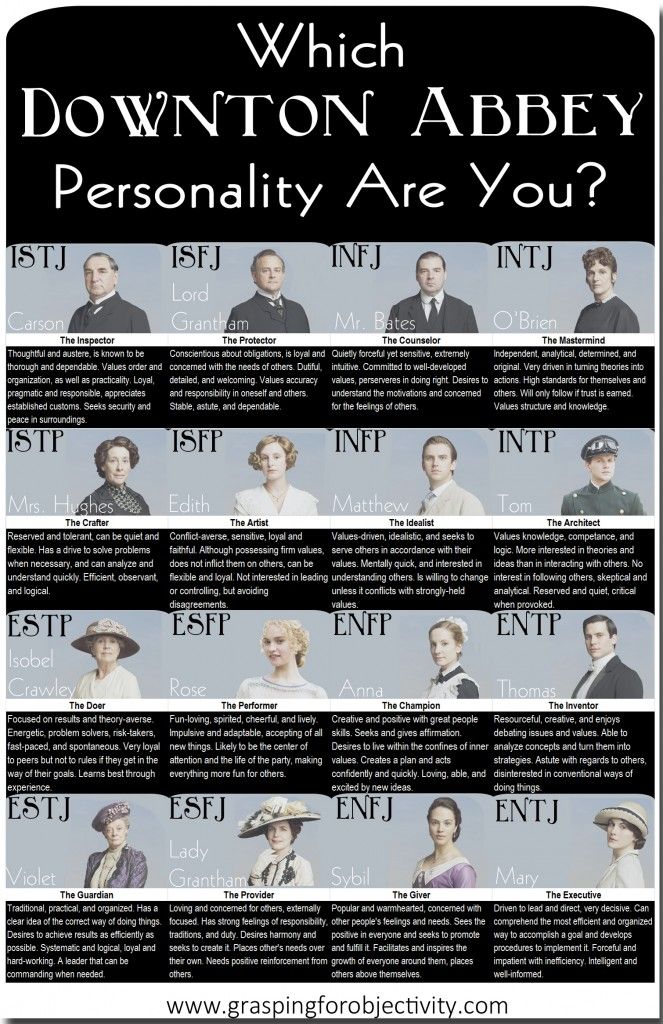 My best friend has been depressed for over a year. A tipsy stranger on the street wants to chat. A subordinate in a panic failed the third project in a row. By analyzing with whom and in what state we are talking, we better understand how they feel right now and why they act the way they do. It is absolutely not necessary to leave people the opportunity to make mistakes without consequences - in some situations it is simply necessary to outline the boundaries of what is acceptable. But knowing what is happening in the lives of those with whom we encounter every day is absolutely necessary so that our mutual expectations and demands are fair. Put yourself in the place of a woman who has to drive half a city with a pram, or a man who hasn't been on vacation for more than two years, or a child who is never turned away. And it will be much easier for you to understand how they feel at the moment.
My best friend has been depressed for over a year. A tipsy stranger on the street wants to chat. A subordinate in a panic failed the third project in a row. By analyzing with whom and in what state we are talking, we better understand how they feel right now and why they act the way they do. It is absolutely not necessary to leave people the opportunity to make mistakes without consequences - in some situations it is simply necessary to outline the boundaries of what is acceptable. But knowing what is happening in the lives of those with whom we encounter every day is absolutely necessary so that our mutual expectations and demands are fair. Put yourself in the place of a woman who has to drive half a city with a pram, or a man who hasn't been on vacation for more than two years, or a child who is never turned away. And it will be much easier for you to understand how they feel at the moment.
- Step two -
Naming emotions: own and others
Most people do not know how to name their emotions and consider this an extra skill.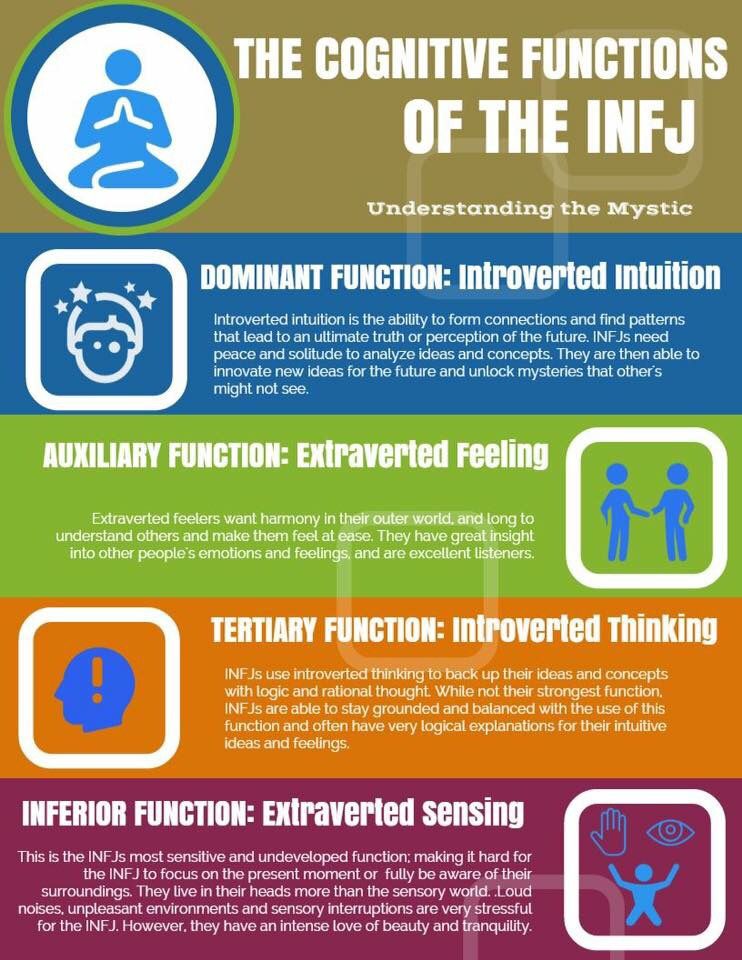 Meanwhile, anger is very different from resentment and disappointment, and it is necessary to analyze your own and other people's emotions in order to know your own weaknesses. One of the best ways is to replenish the emotional vocabulary with new descriptions of emotions: to separate anxiety from irritation, fatigue from apathy. This is best done in combination with mood diary : Keep a diary of changing moods daily and record emotions during and after events - meetings, conversations, cultural events and new acquaintances. So you, firstly, will see what events of the day and how they affect you (positively or negatively), and secondly, you will understand the tangle of conflicting feelings that different situations and people cause in you. When you understand what negative emotions dominate in life, it will be easier to find a way out for them: it is no coincidence that active sports and jogging are advised from anger, and sweets are not advised to seize anxiety. When you learn to name and define your emotions, it will be much easier to identify others - by verbal and non-verbal signals.
Meanwhile, anger is very different from resentment and disappointment, and it is necessary to analyze your own and other people's emotions in order to know your own weaknesses. One of the best ways is to replenish the emotional vocabulary with new descriptions of emotions: to separate anxiety from irritation, fatigue from apathy. This is best done in combination with mood diary : Keep a diary of changing moods daily and record emotions during and after events - meetings, conversations, cultural events and new acquaintances. So you, firstly, will see what events of the day and how they affect you (positively or negatively), and secondly, you will understand the tangle of conflicting feelings that different situations and people cause in you. When you understand what negative emotions dominate in life, it will be easier to find a way out for them: it is no coincidence that active sports and jogging are advised from anger, and sweets are not advised to seize anxiety. When you learn to name and define your emotions, it will be much easier to identify others - by verbal and non-verbal signals.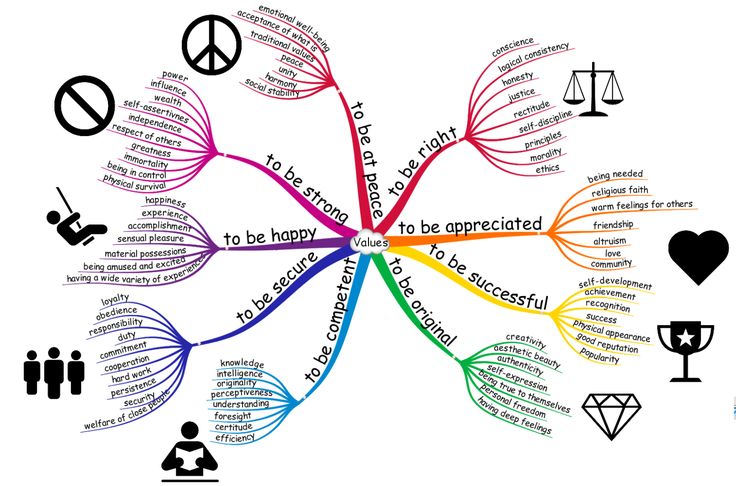 And forever separate emotions that are related to you from random ones: you don’t need to comprehend the behavior of an annoyed person in public transport, but the partner’s constant claims should be taken into account.
And forever separate emotions that are related to you from random ones: you don’t need to comprehend the behavior of an annoyed person in public transport, but the partner’s constant claims should be taken into account.
- Step Three -
Expand your horizons
Often problems with emotional intelligence are due to the fact that we drowned in our information bubble. It has already been proven that knowledge of several foreign languages helps a person to better absorb information about the diversity of the world. It is necessary to broaden one's horizons - to read fiction books and memoirs, to watch feature films and documentaries, to be interested in science, to travel, to educate oneself - in order to understand how people differ in talents and aspirations and how problematic it is for life and career to measure everyone by one measure. Modests and careerists, swindlers and idealists will be found in world literature and cinema, and each of them will have their own exciting story.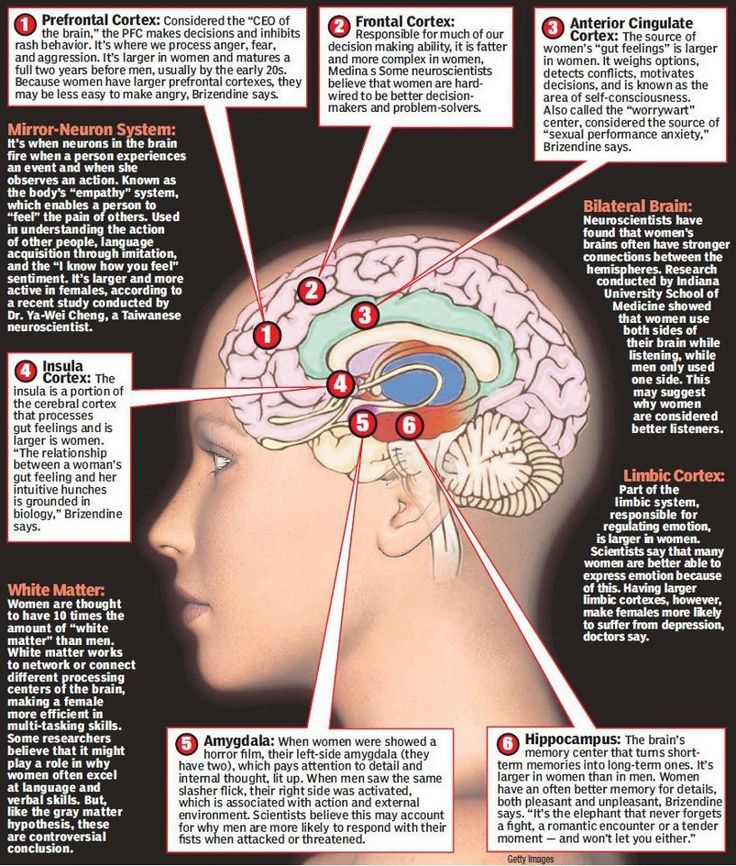 Understanding a complex and disordered world in which everyone can find what they need is an important step for resolving conflicts, building harmonious relationships and managerial growth. Books, films, exhibitions, trips and new skills are not just erudition, but also a way to better understand others.
Understanding a complex and disordered world in which everyone can find what they need is an important step for resolving conflicts, building harmonious relationships and managerial growth. Books, films, exhibitions, trips and new skills are not just erudition, but also a way to better understand others.
- Step Four -
Think Two Steps Ahead
Emotional intelligence is related to long-term planning: setting priorities and goals, strategically allocating resources and tactics for immediate action. In building relationships with others, it is always worth dividing people into those with whom we spend most of our time and those who have no influence on our lives. All the powers of emotional intelligence should be used to ensure that communication with the inner circle is filled and interesting. Spend your time on those from whom you learn a lot, who surpass you in personal and professional qualities, surround yourself with caring and harmonious people, and communication with them will bear fruit.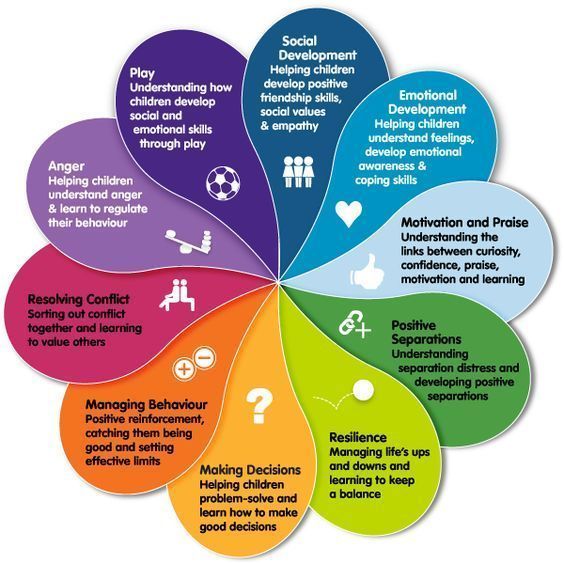 Think about how to get into such a team or assemble one if you are responsible for it. Think about what kind of life is important and comfortable for you and what actions will lead you to it. Tailor your budget to your goals and learn how to save. Save money for a smart purchase. Help others by discussing it and coming to an agreement. Look at conflict and obstacles as an intermediate stage, overcoming which new opportunities will open up for you. Carefully spell out all work and personal commitments in advance and don't make false promises or set unreasonable expectations. Emotional intelligence helps to measure mental strength and capture the mood of someone who can and wants to help you move forward in your plans. If the environment and intended goals do not match your current state, it is never too late to replay and get what you are striving for.
Think about how to get into such a team or assemble one if you are responsible for it. Think about what kind of life is important and comfortable for you and what actions will lead you to it. Tailor your budget to your goals and learn how to save. Save money for a smart purchase. Help others by discussing it and coming to an agreement. Look at conflict and obstacles as an intermediate stage, overcoming which new opportunities will open up for you. Carefully spell out all work and personal commitments in advance and don't make false promises or set unreasonable expectations. Emotional intelligence helps to measure mental strength and capture the mood of someone who can and wants to help you move forward in your plans. If the environment and intended goals do not match your current state, it is never too late to replay and get what you are striving for.
- Step Five -
Get training or psychotherapy
Very often, for deep changes, it is difficult to find the resources and knowledge to make a sharp qualitative leap in understanding yourself and others. In this case, psychological training or psychotherapy can be a very useful tool on the path to self-knowledge. Training is recommended for psychologically healthy people, without problems with appetite and sleep, in a stable positive state to achieve career and personal goals with a personal motivation coach. Trainings are shown to those who are tired of a work routine or an unfavorable personal situation and who have enough internal strength to do significant work on themselves.
In this case, psychological training or psychotherapy can be a very useful tool on the path to self-knowledge. Training is recommended for psychologically healthy people, without problems with appetite and sleep, in a stable positive state to achieve career and personal goals with a personal motivation coach. Trainings are shown to those who are tired of a work routine or an unfavorable personal situation and who have enough internal strength to do significant work on themselves.
Psychotherapy is a deeper and longer-term undertaking that requires a reassessment of oneself, one's achievements, one's environment and one's lifestyle. Often it is accompanied by the acquisition of new habits, parting with toxic environments, changing jobs and even places of residence, and no good therapist can tell you where the therapy will take you. Both training and therapy are aimed at expanding emotional intelligence, developing the ability to identify and control emotions, work with fears and negative attitudes, and overcome negative patterns through a fundamentally new set of actions.